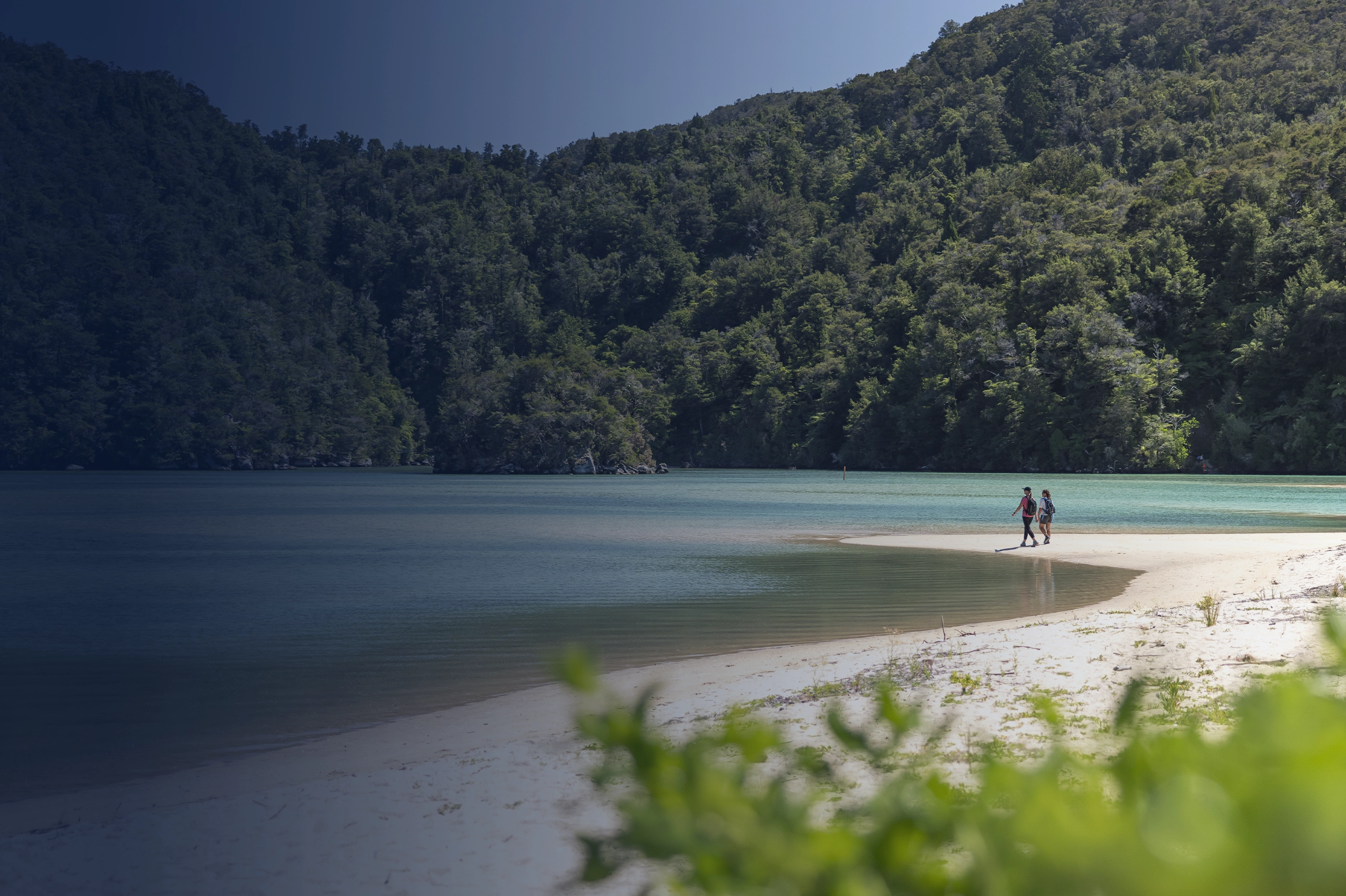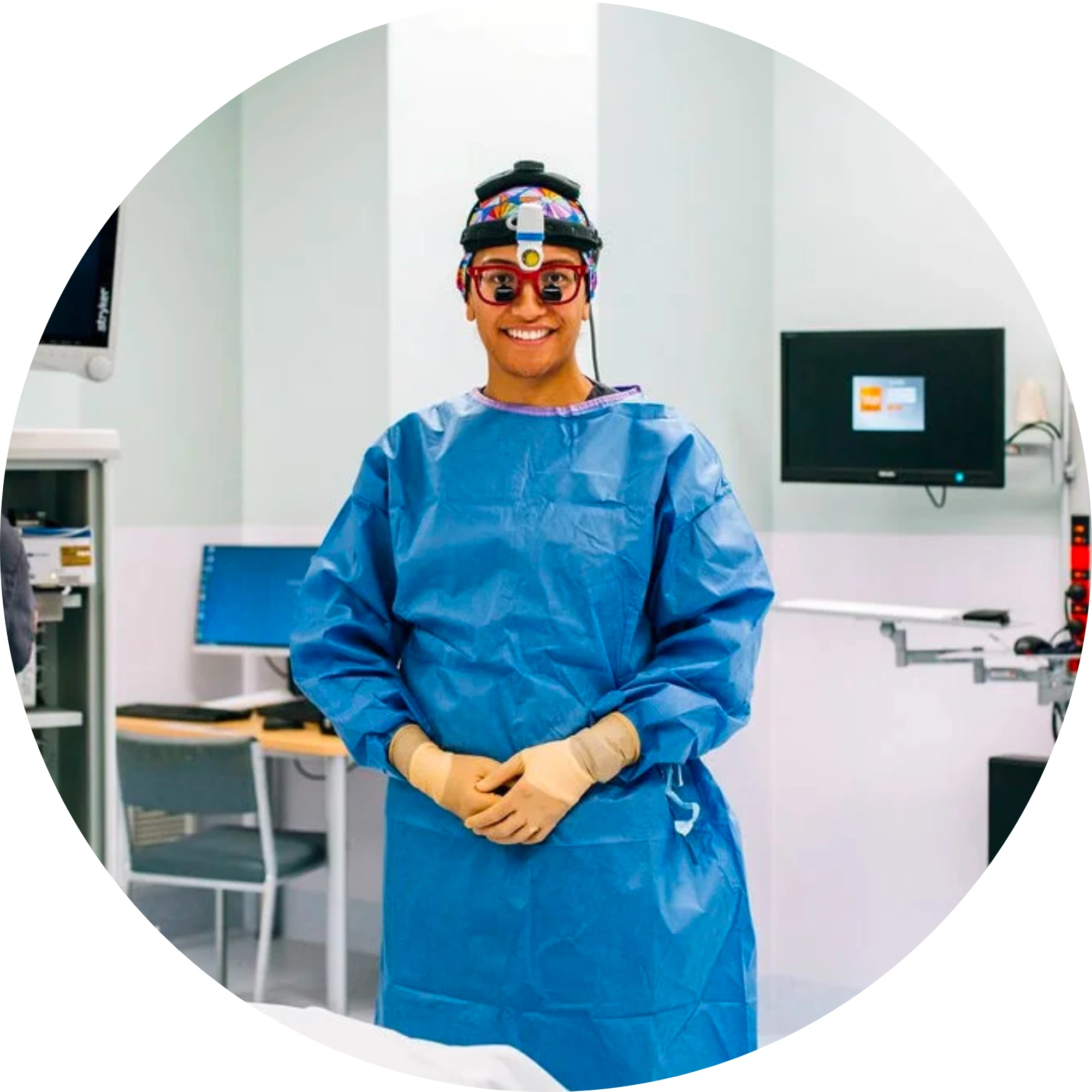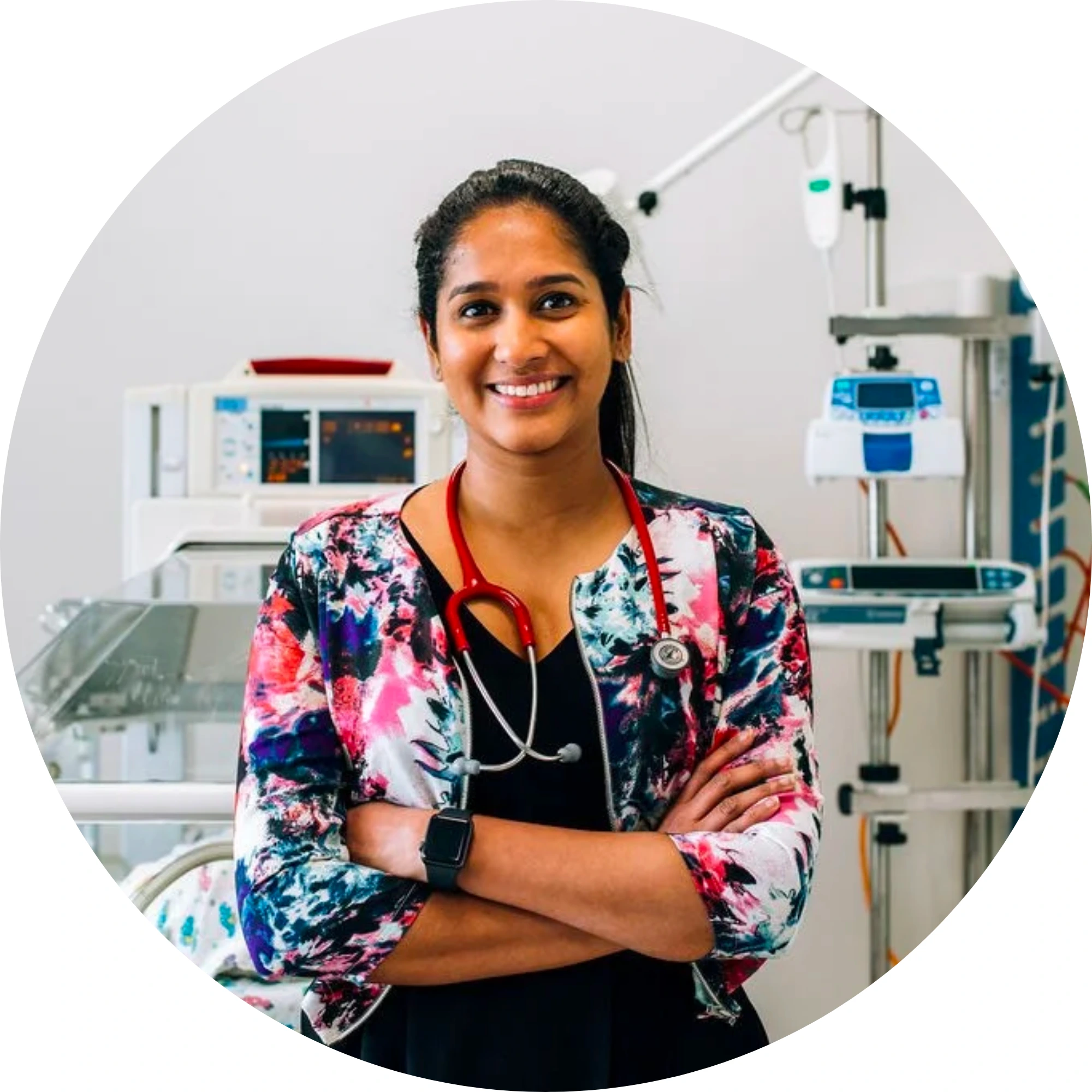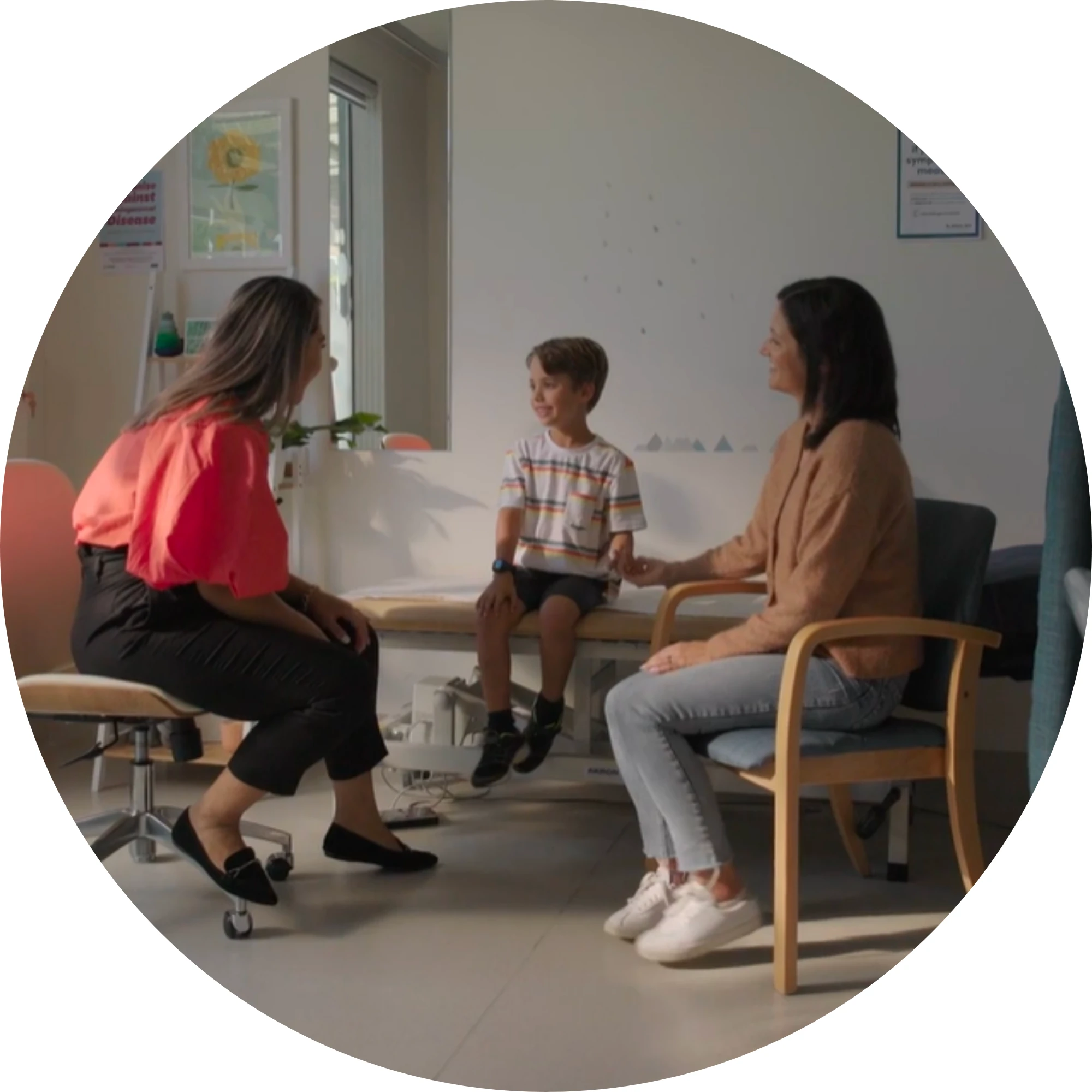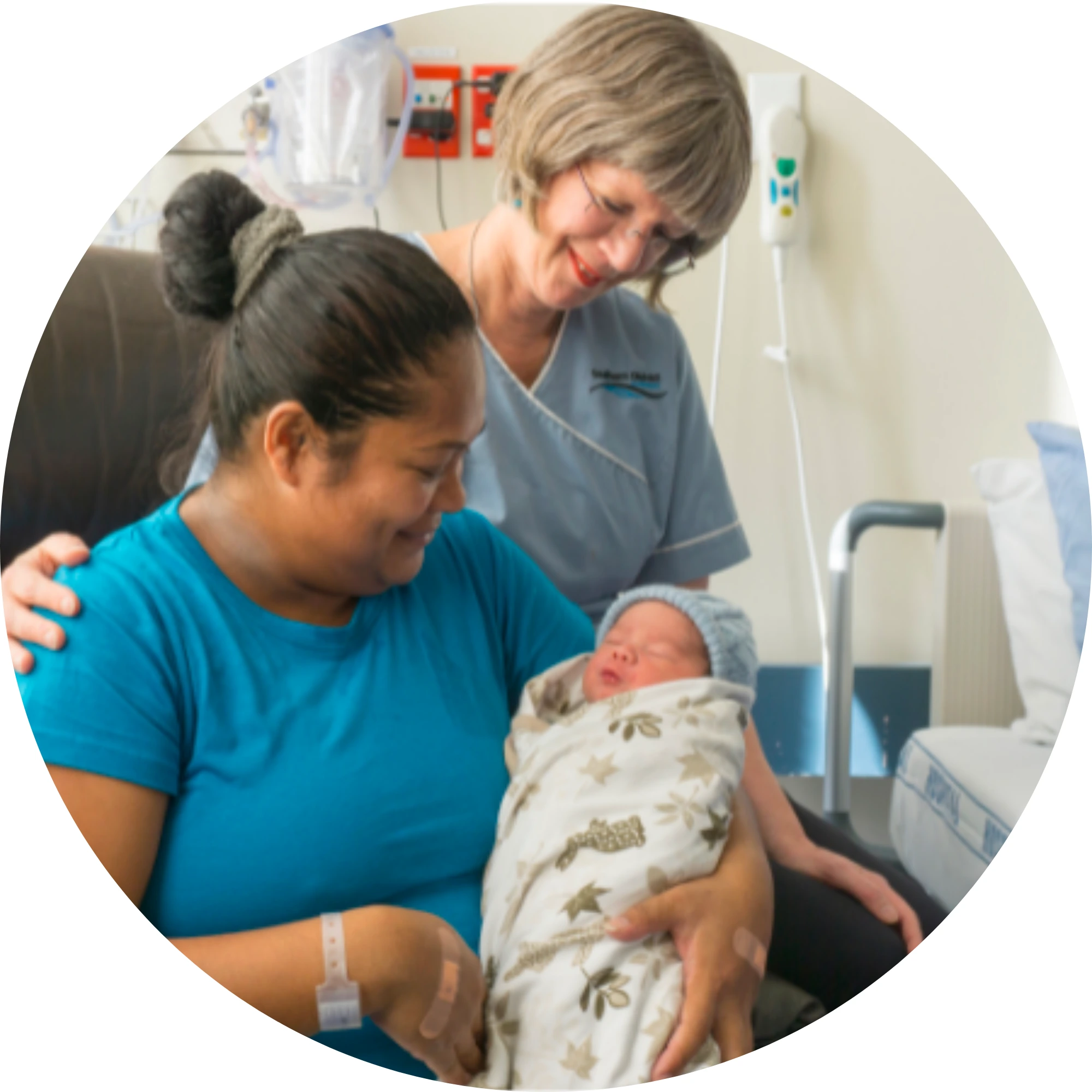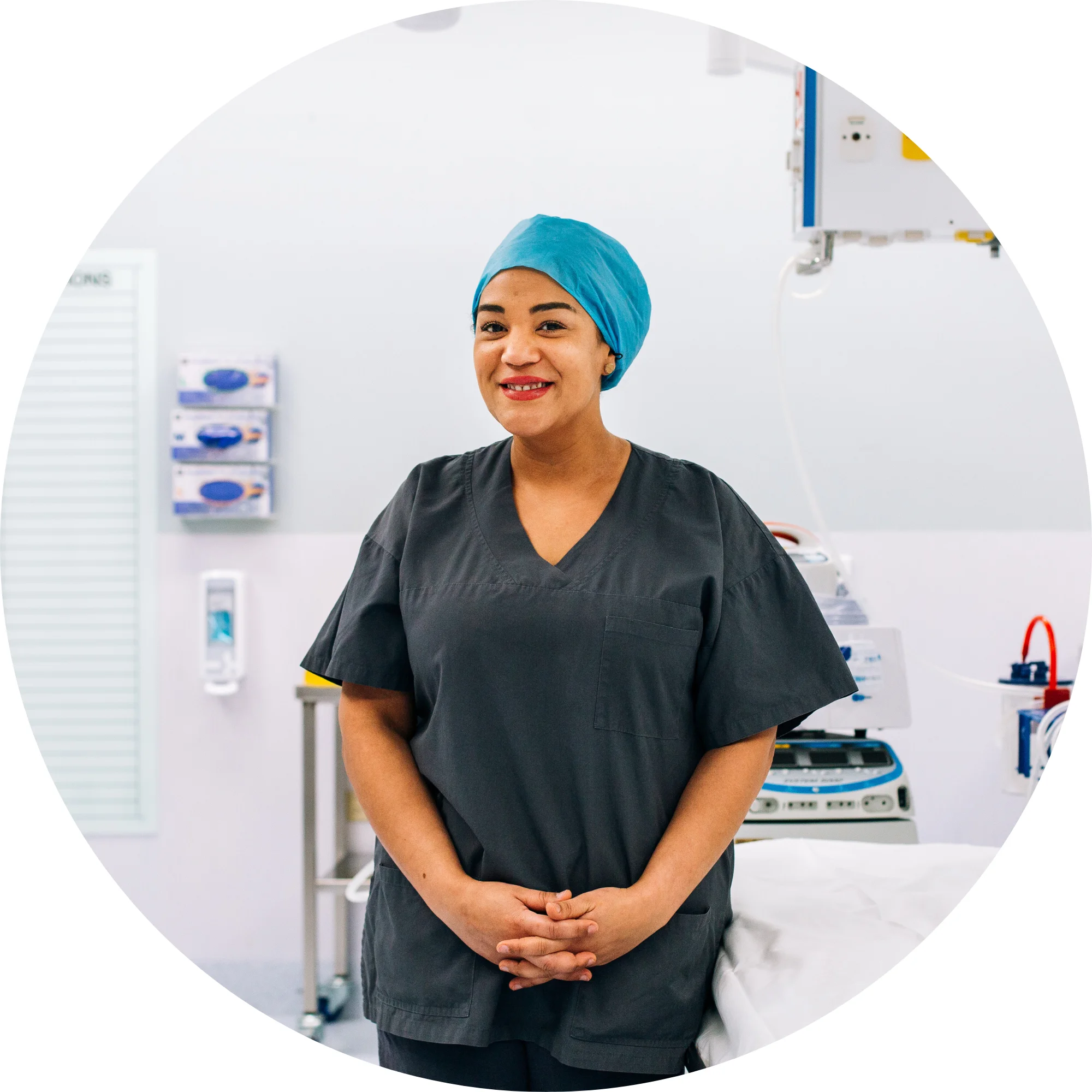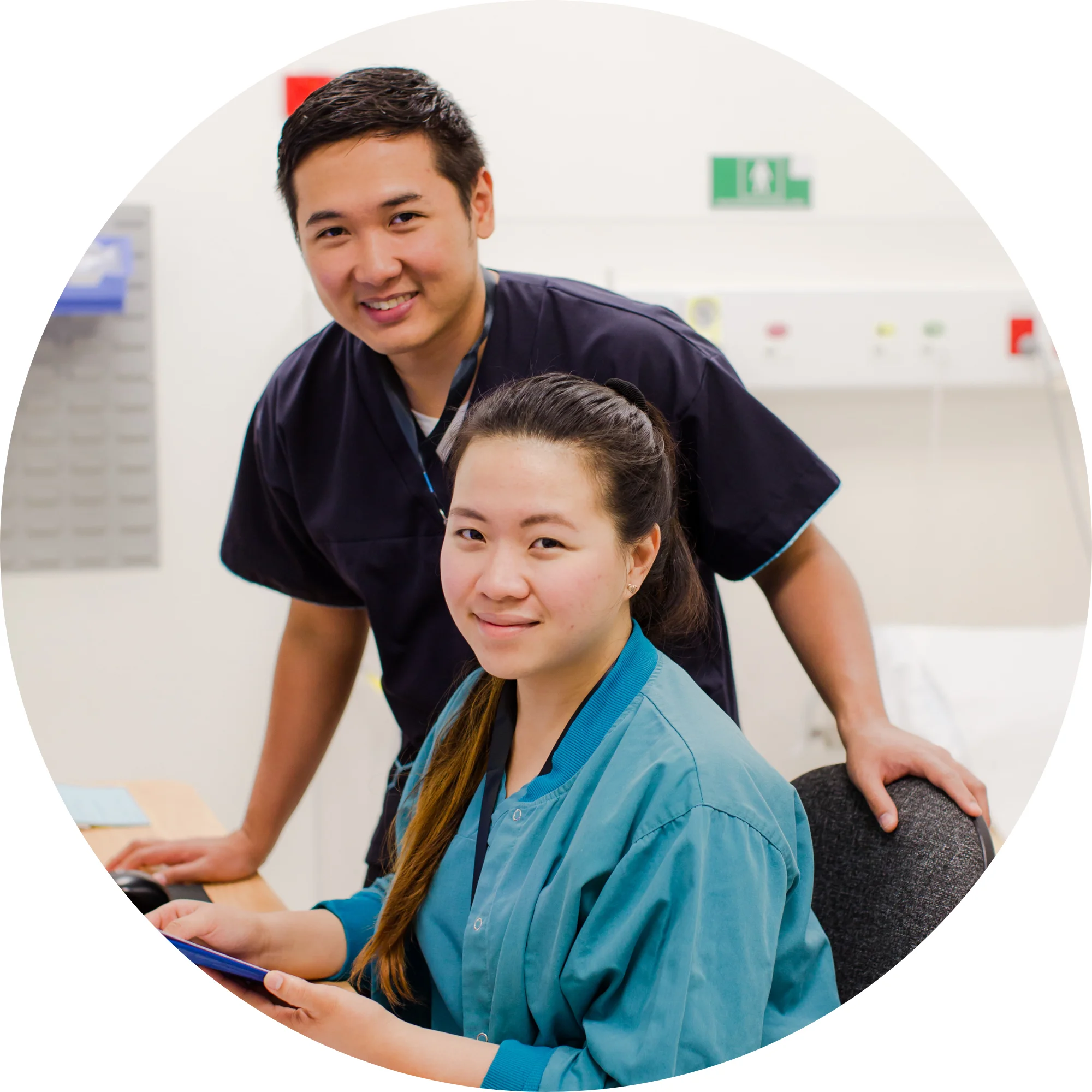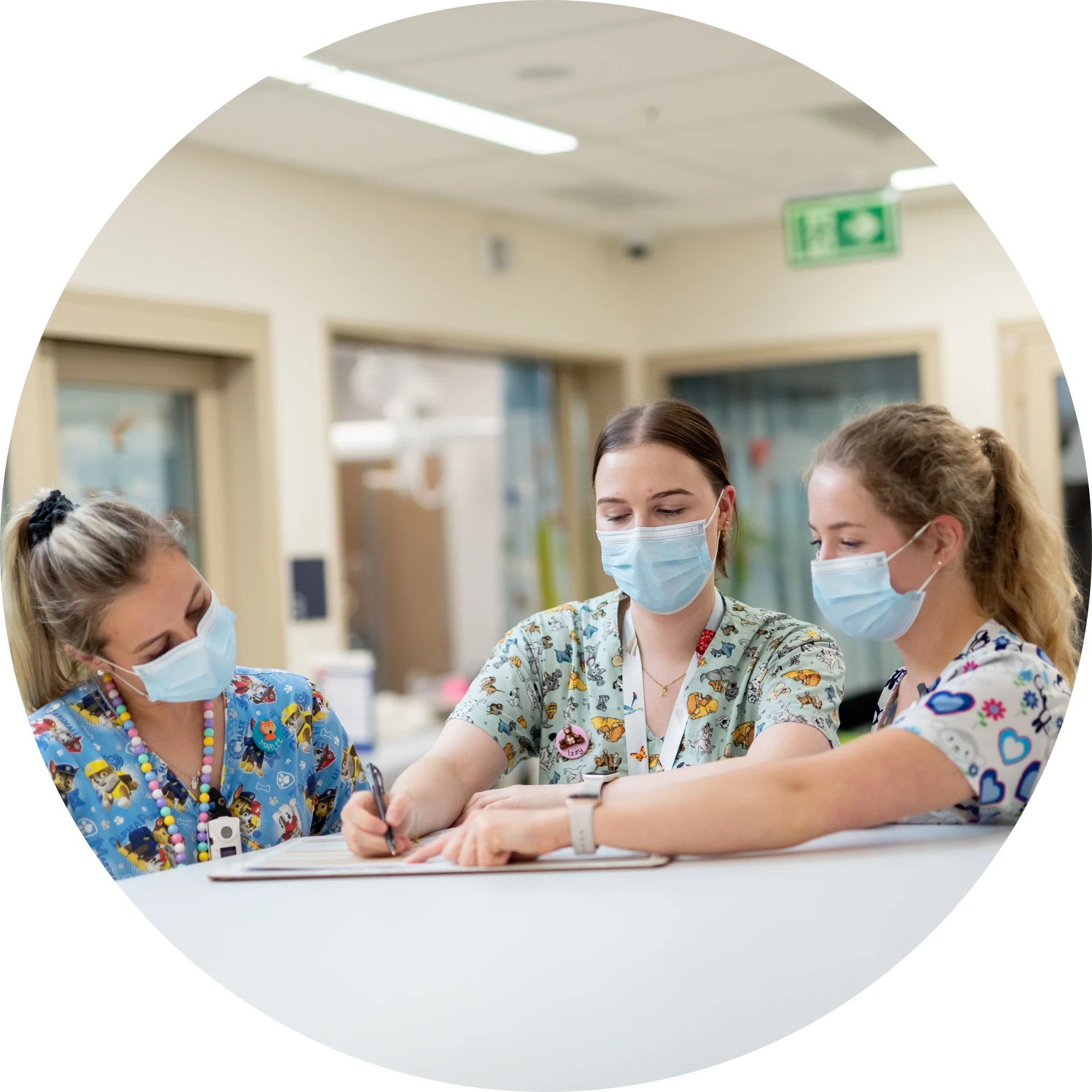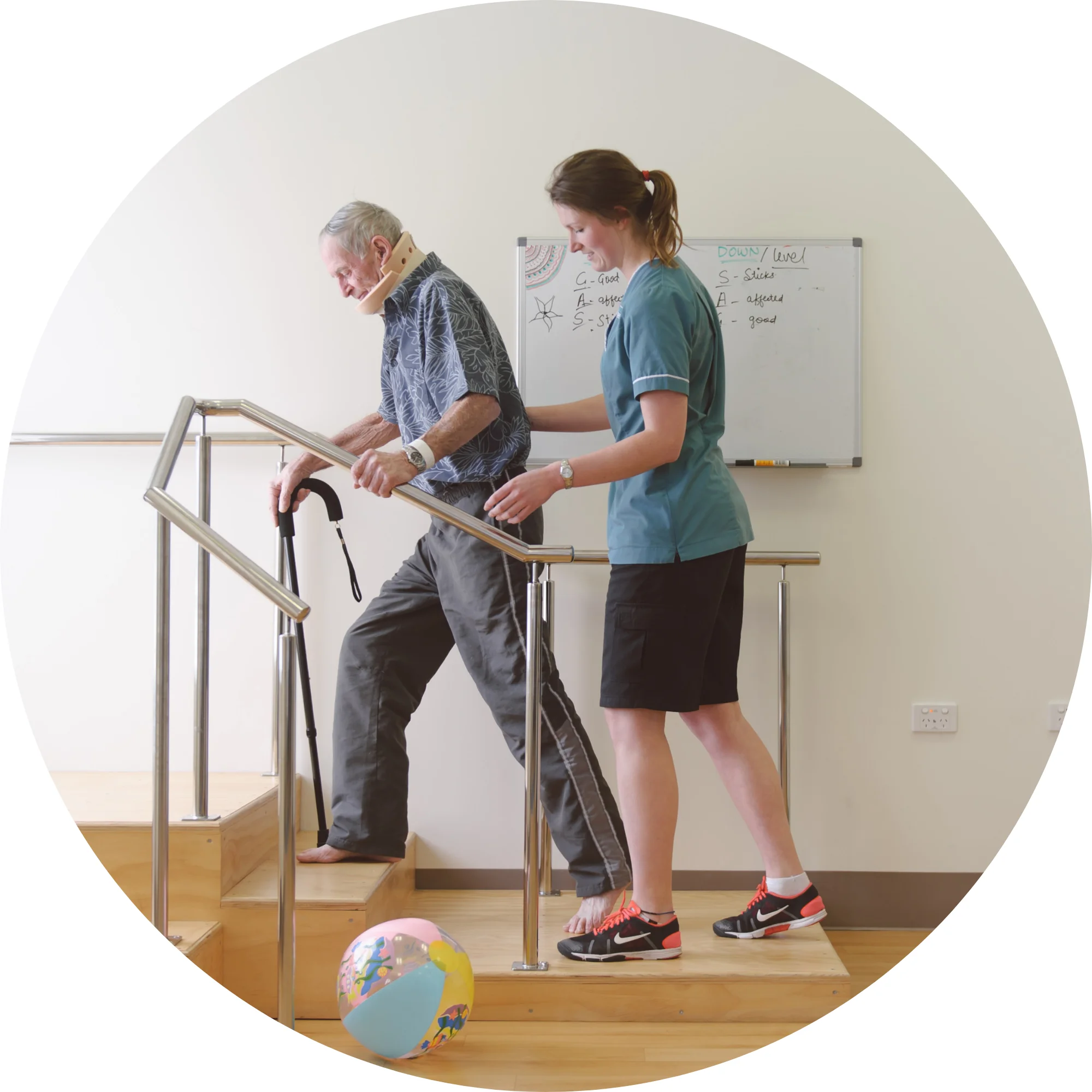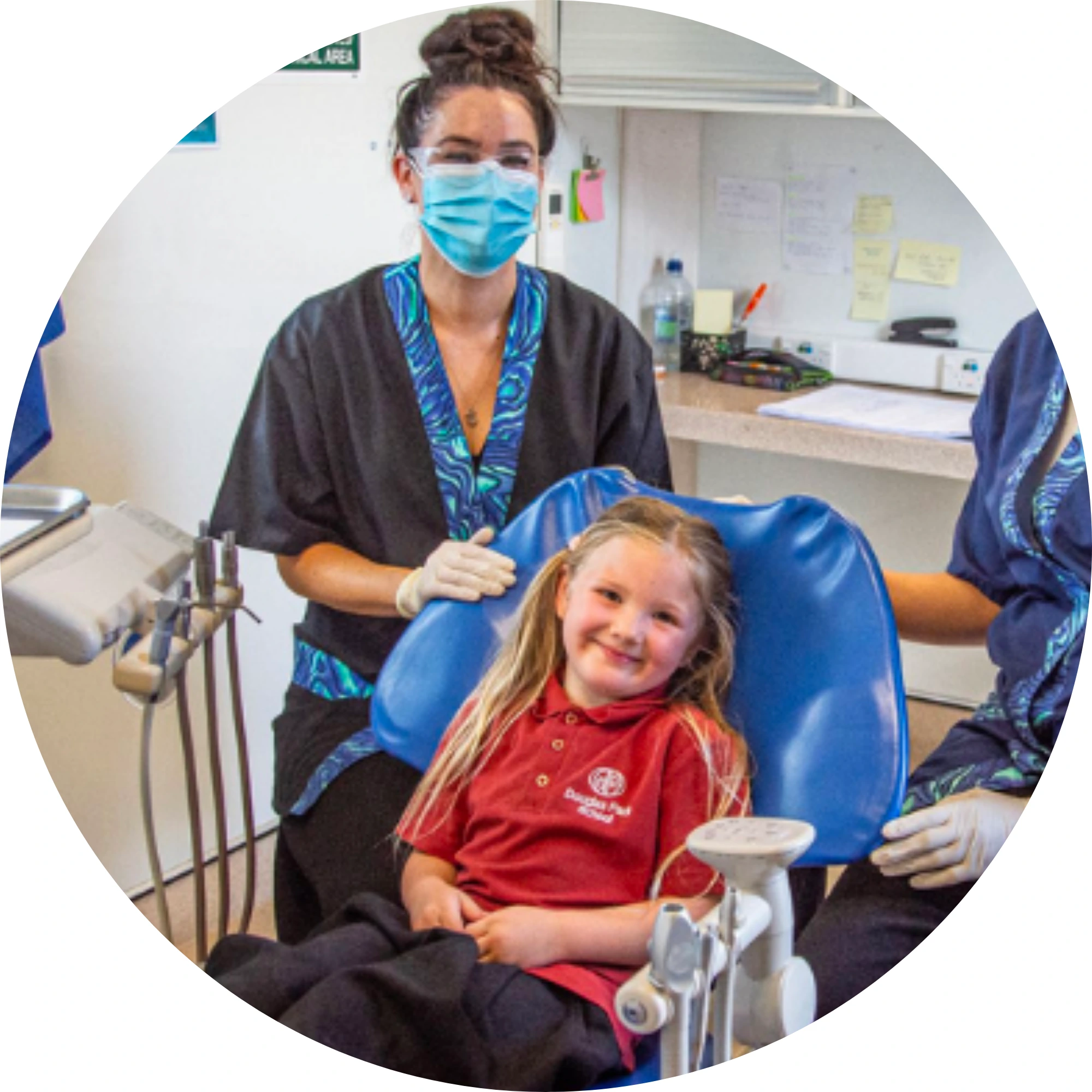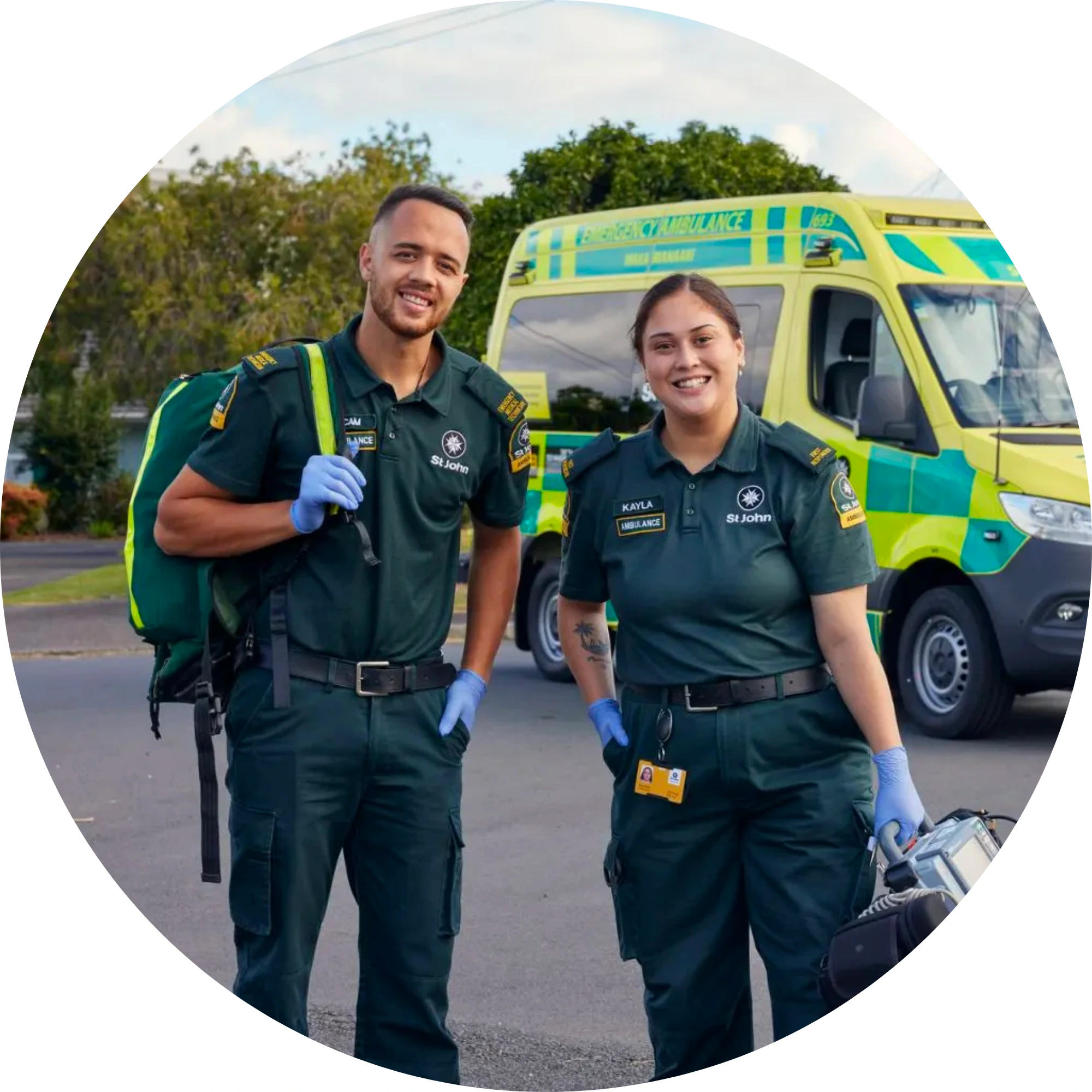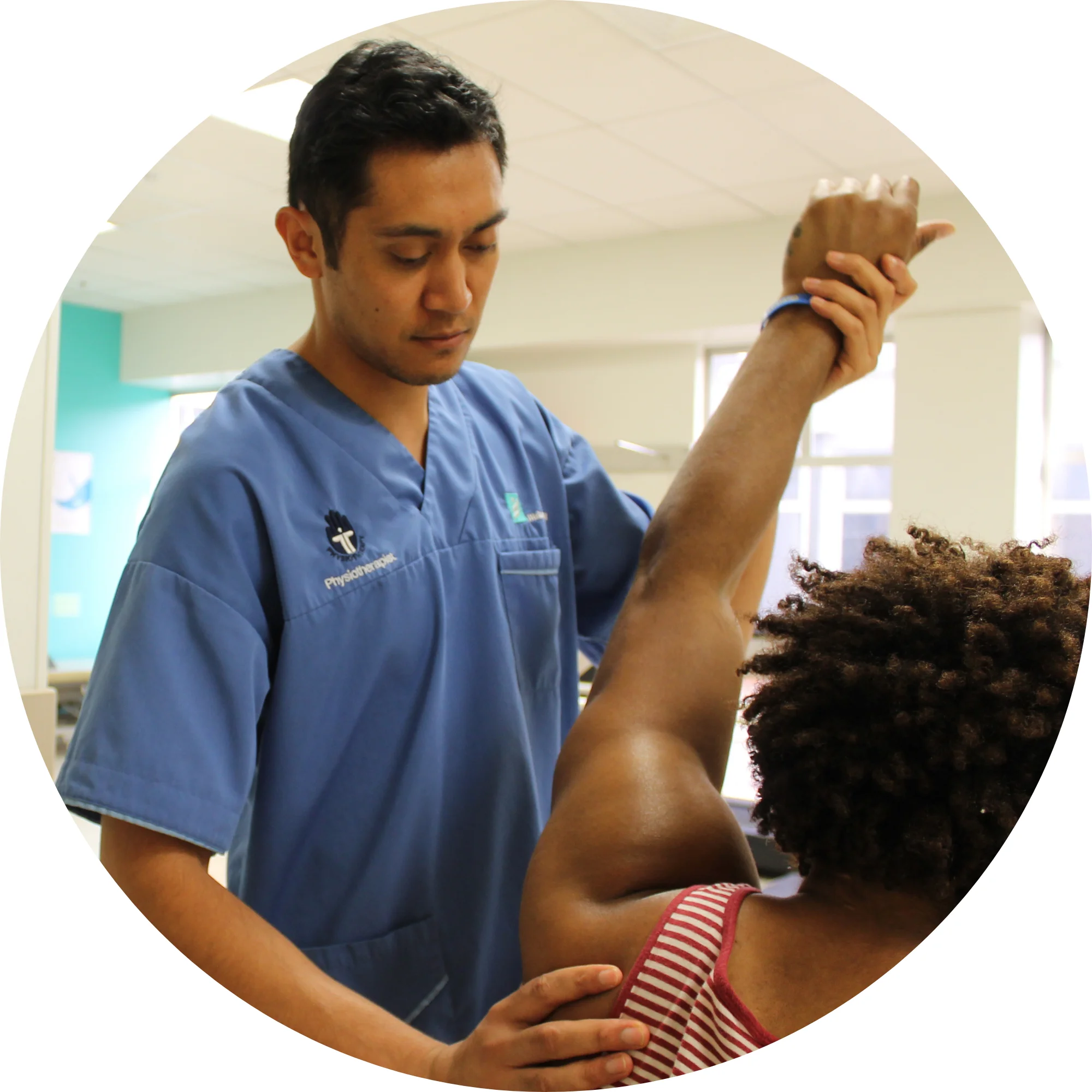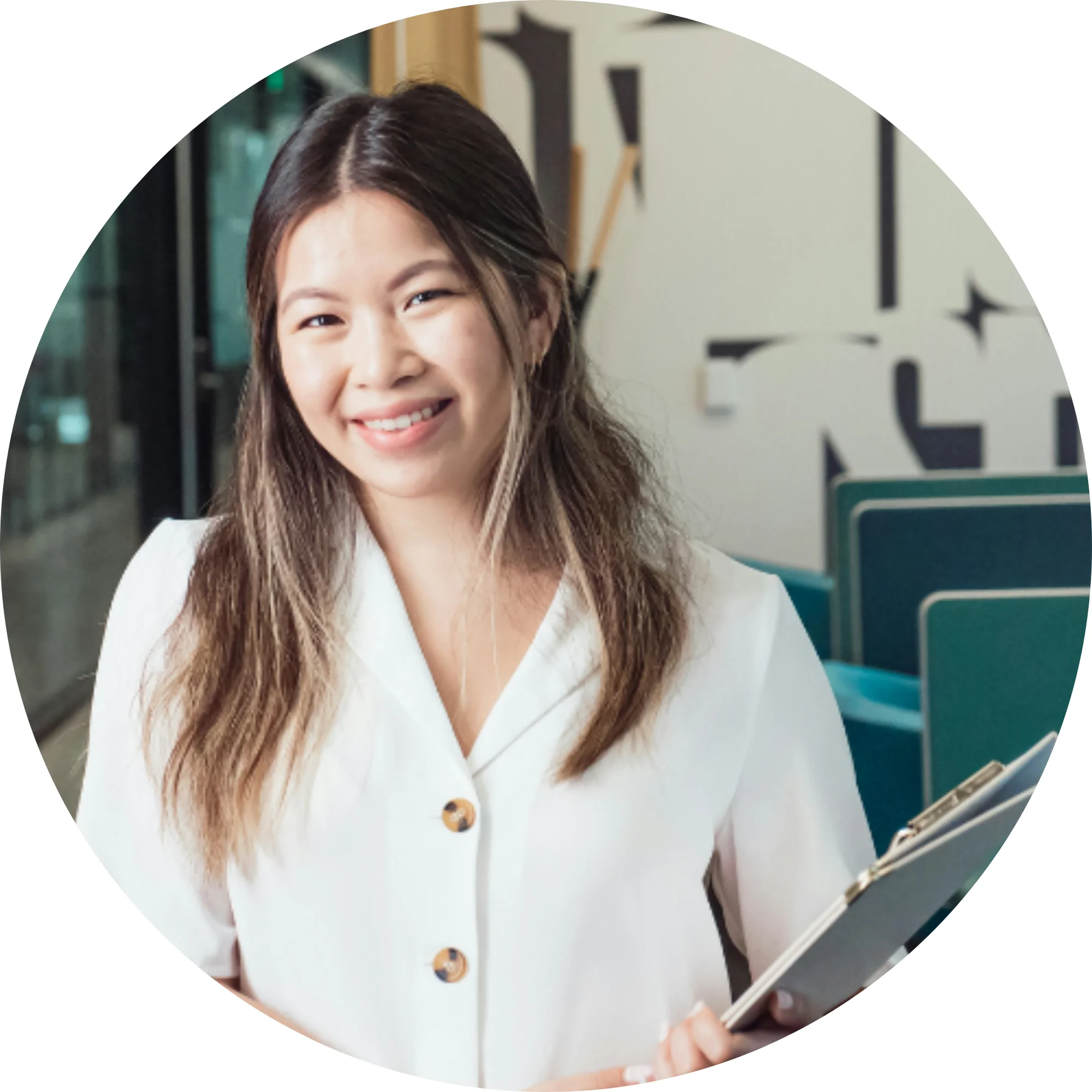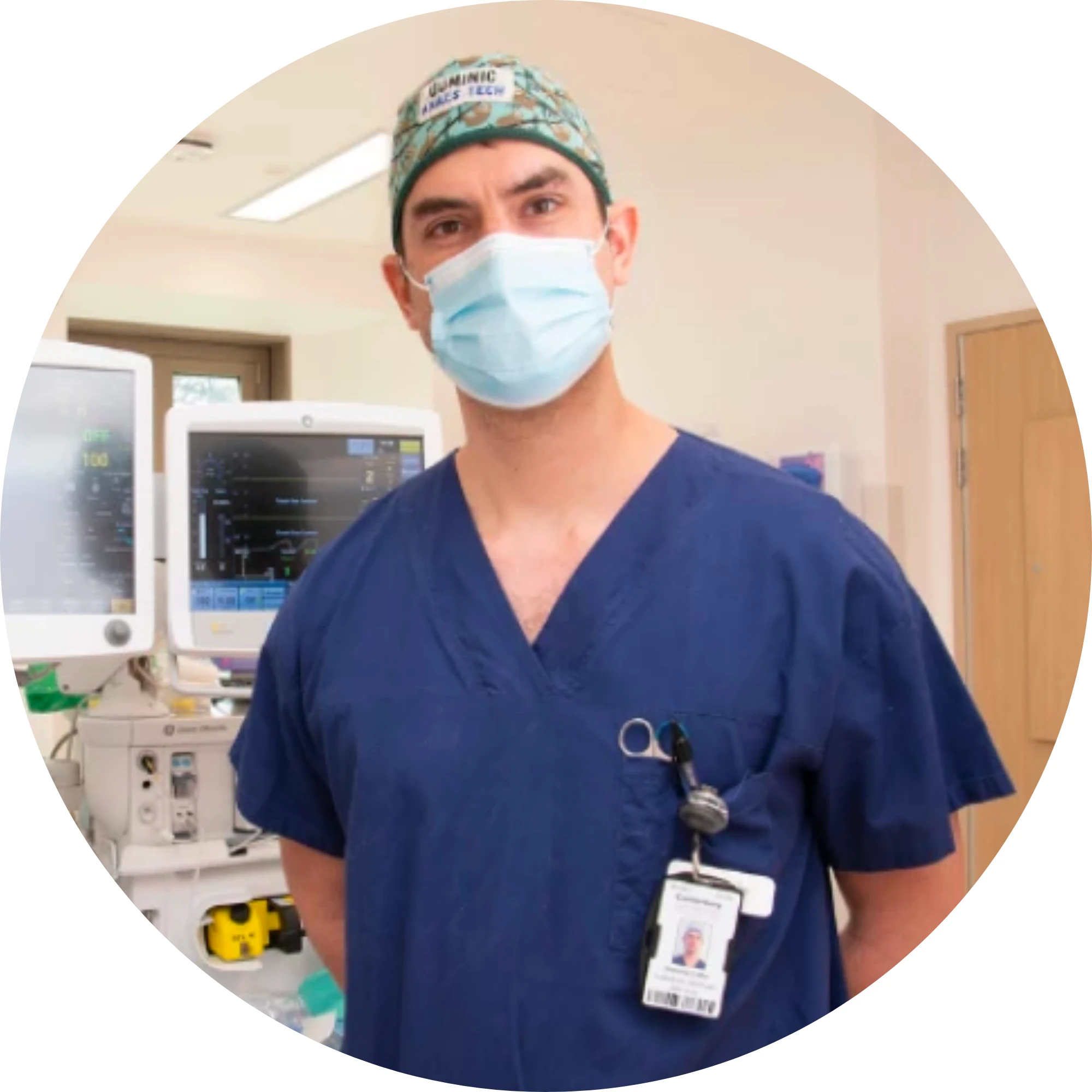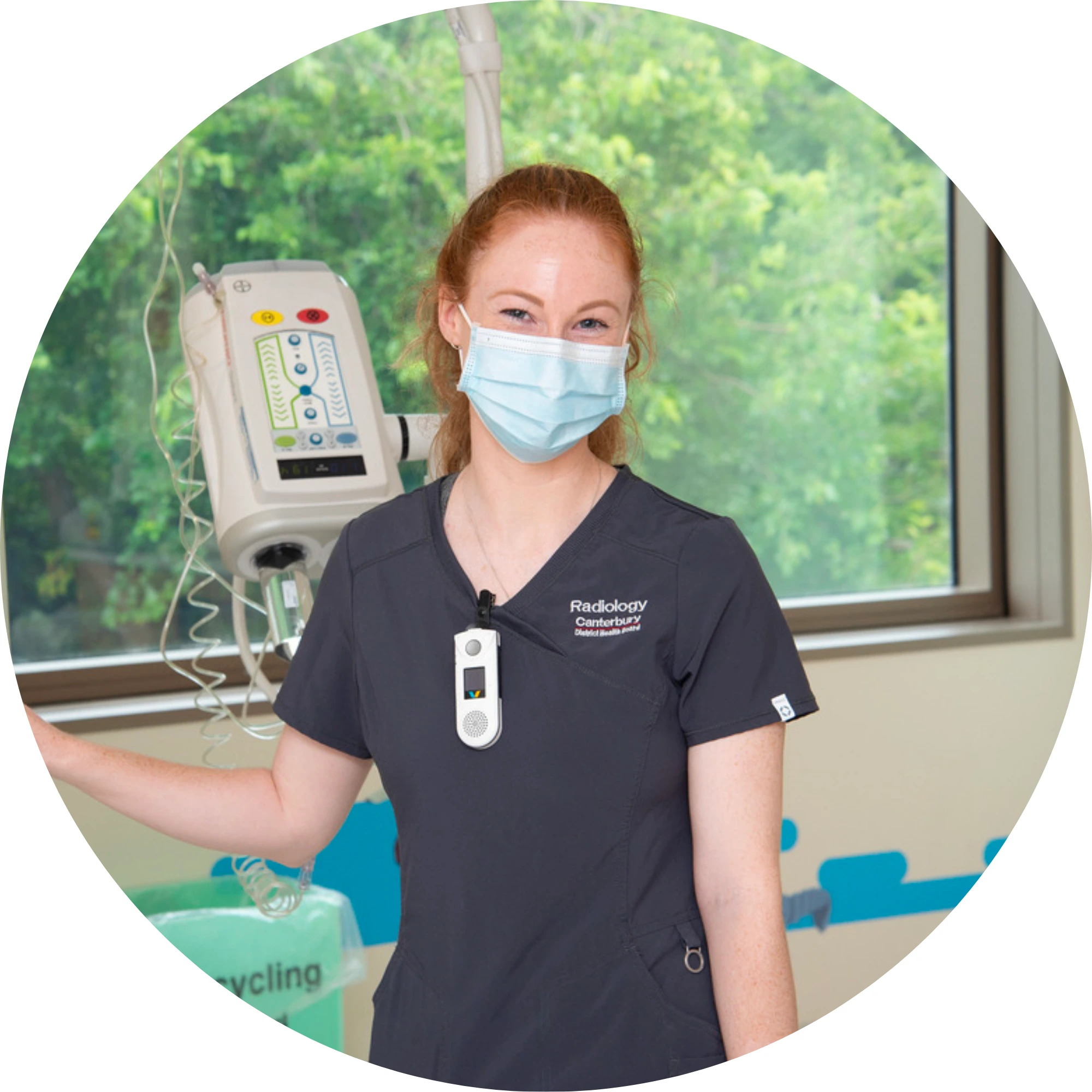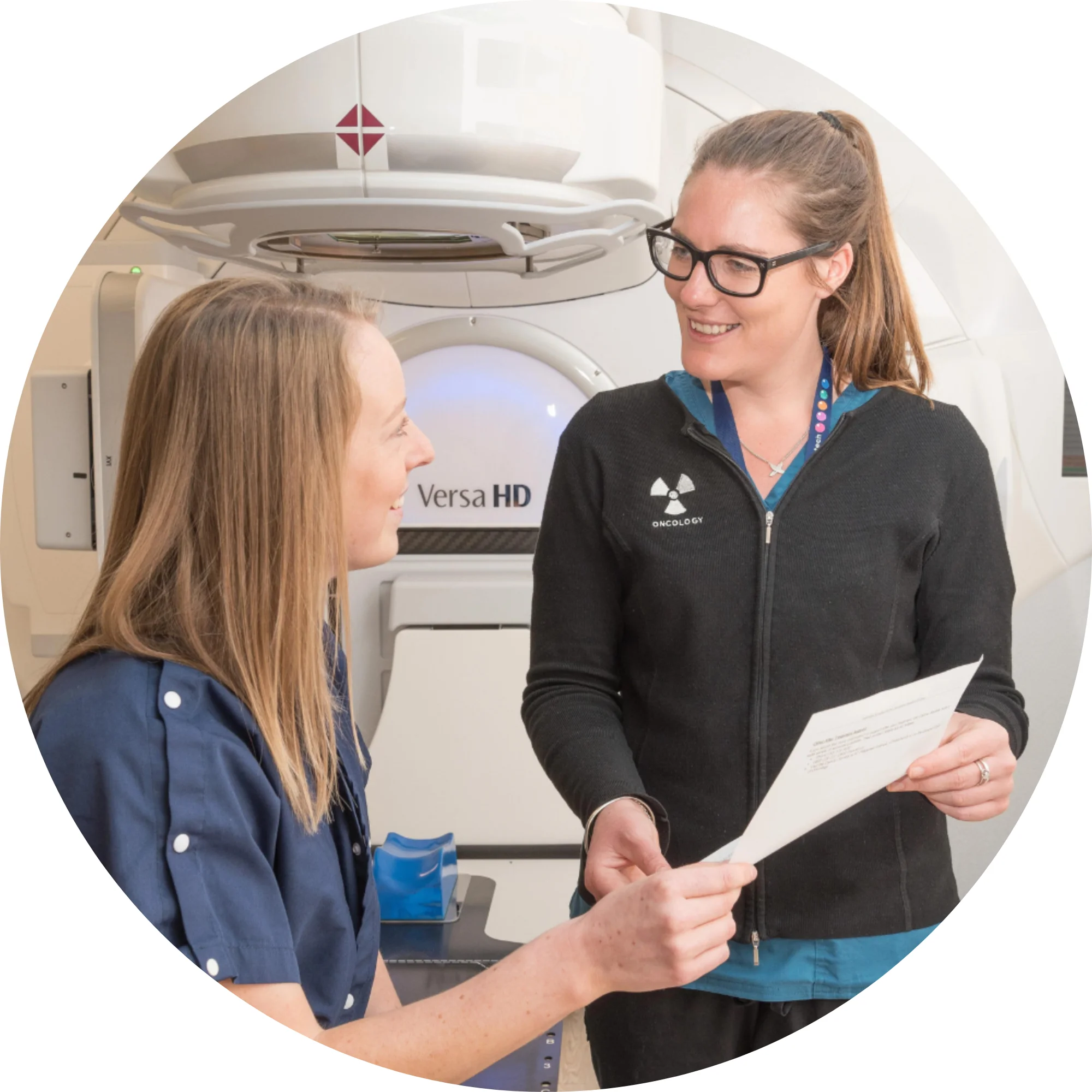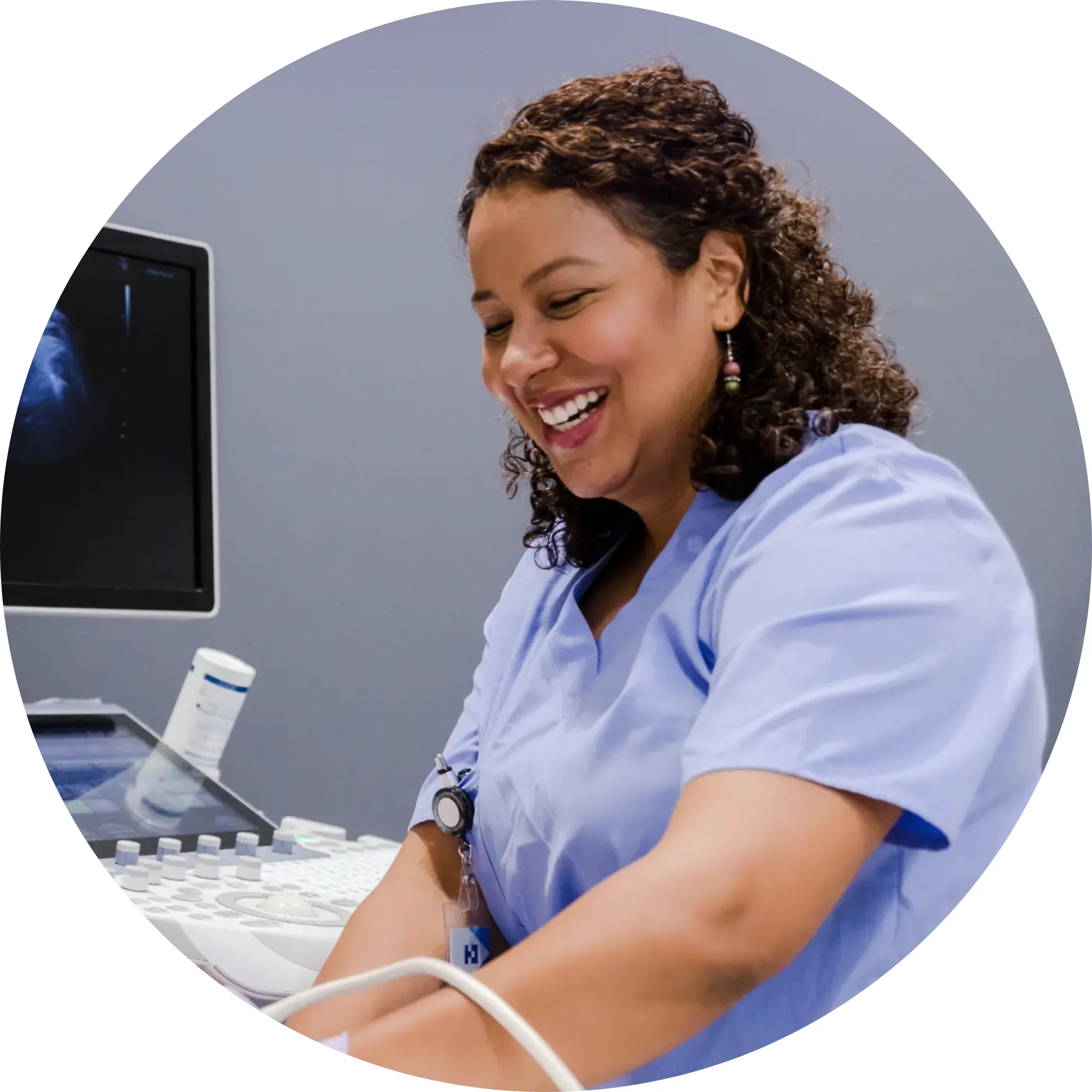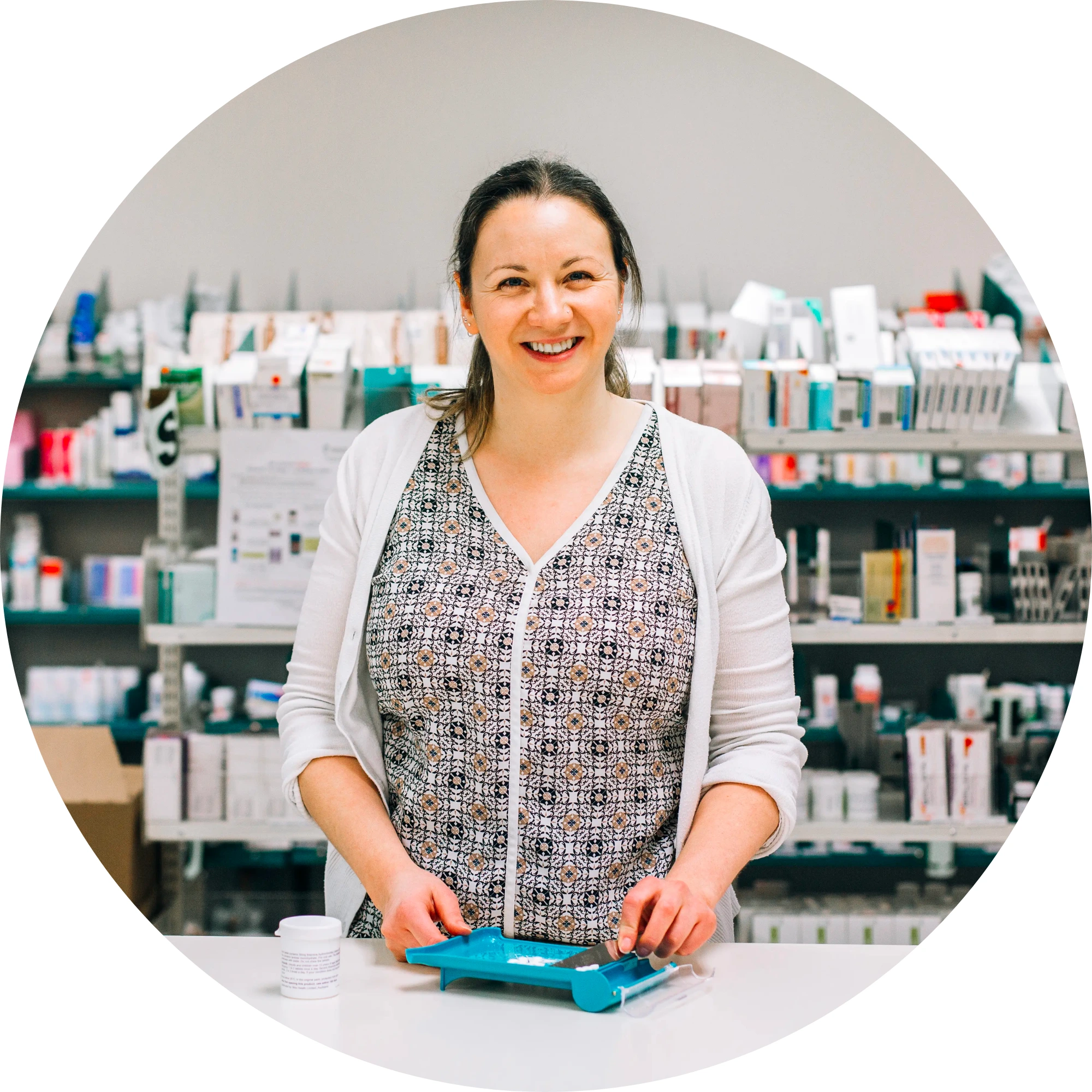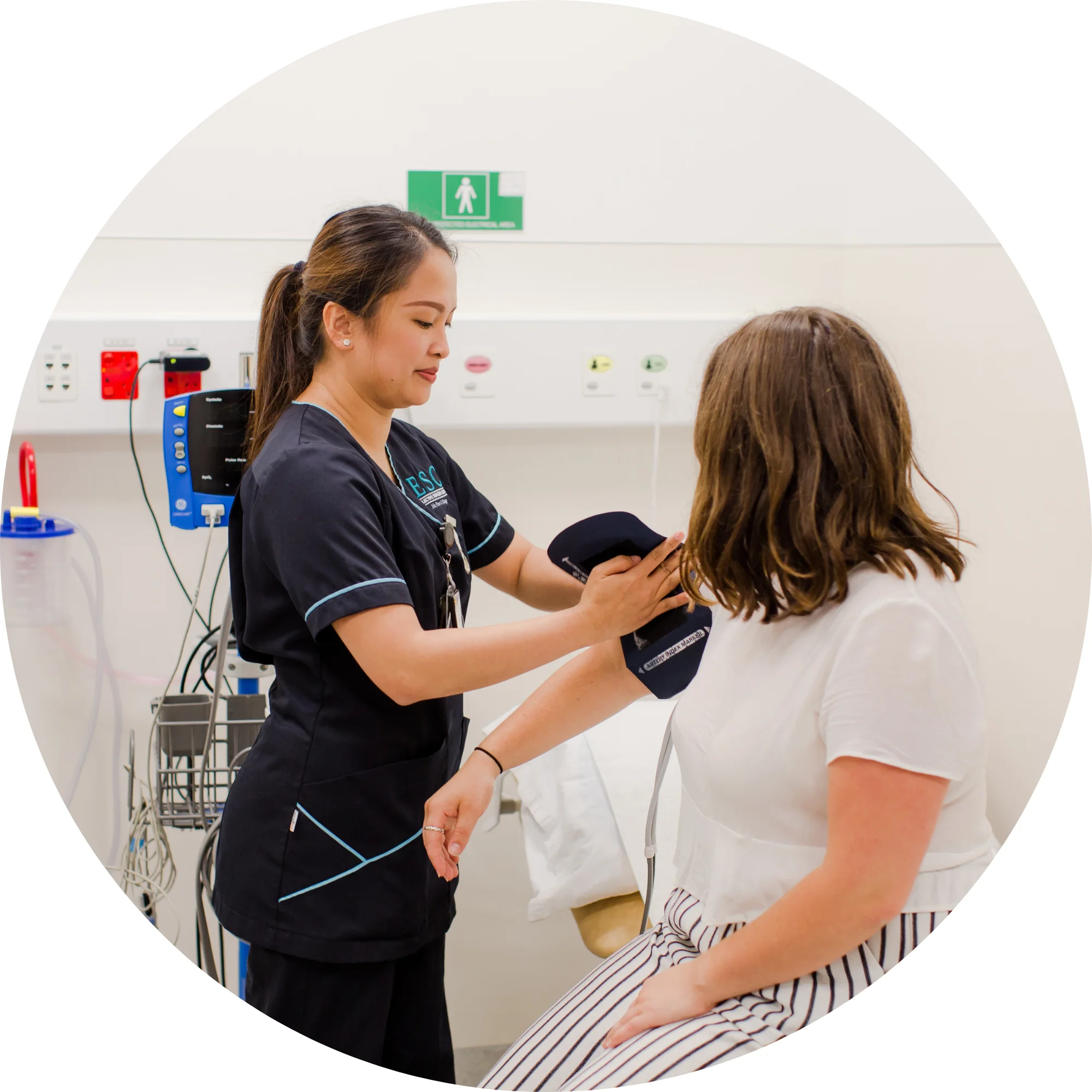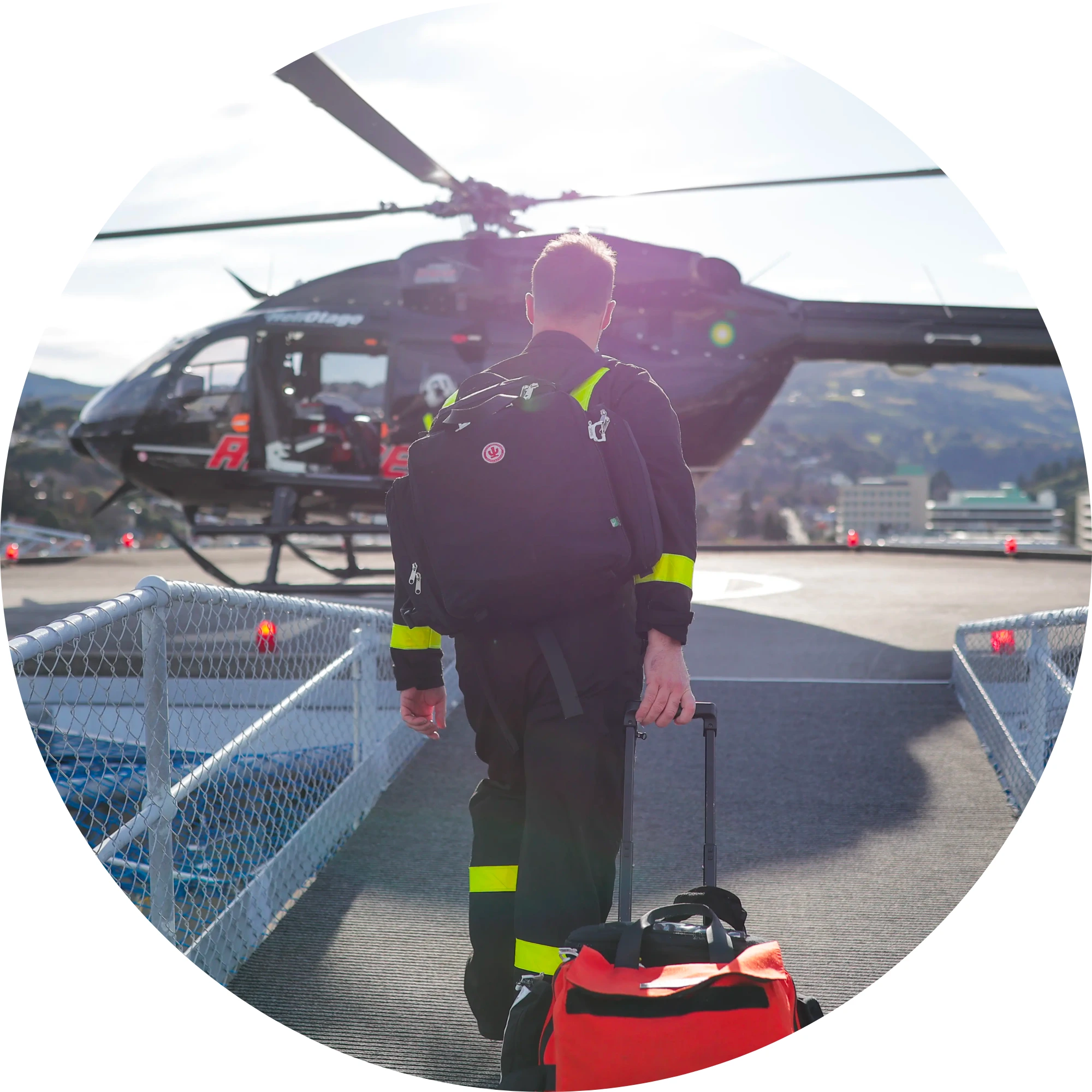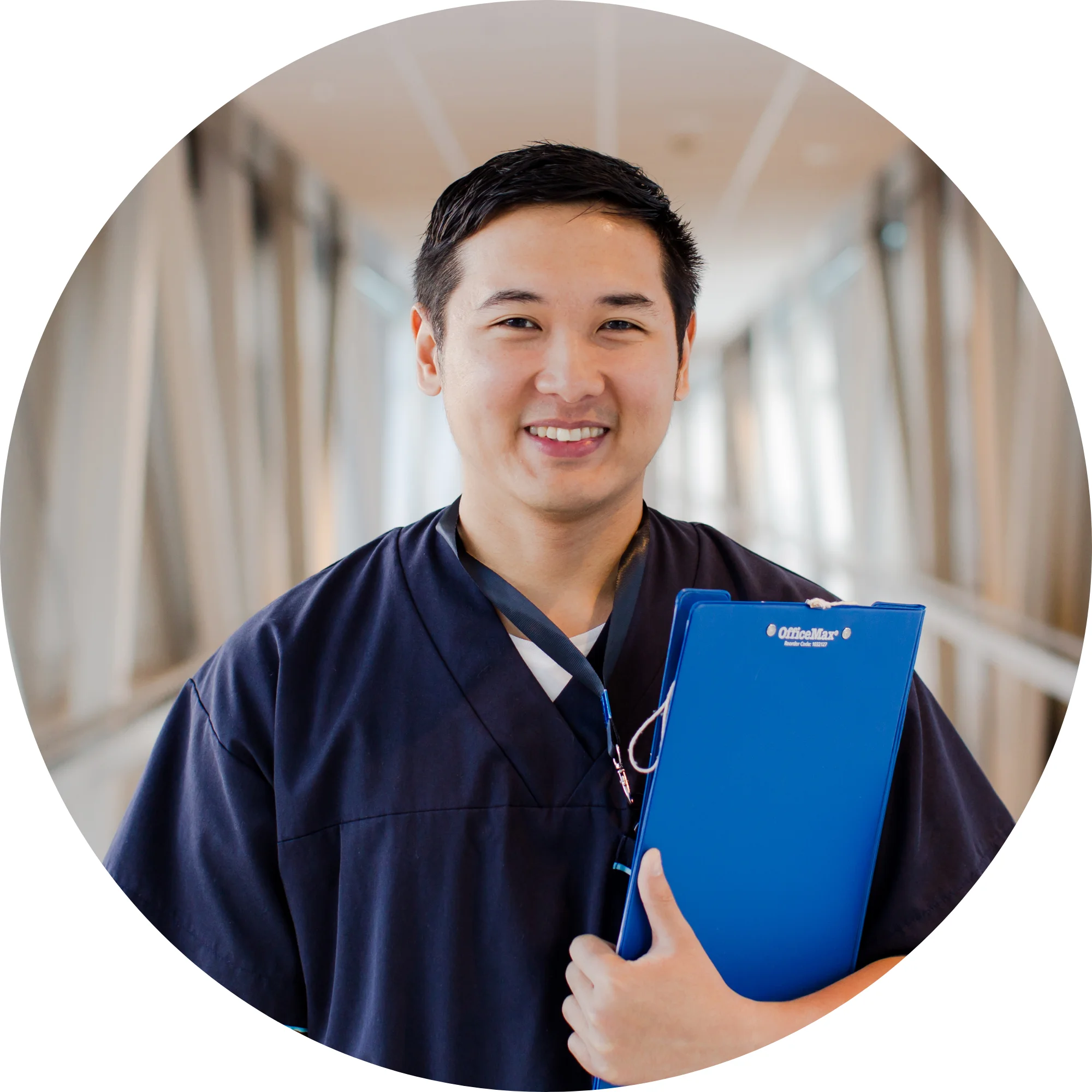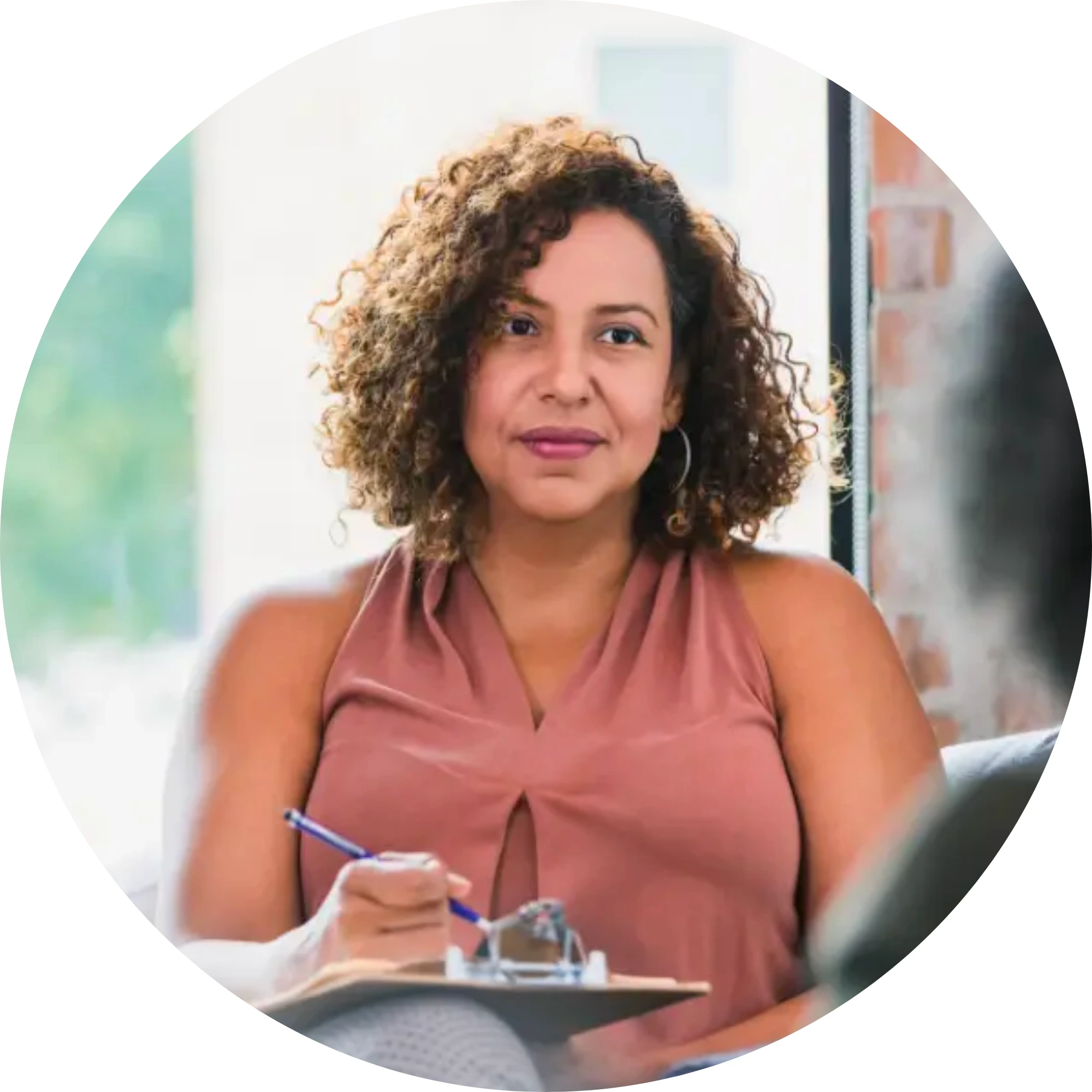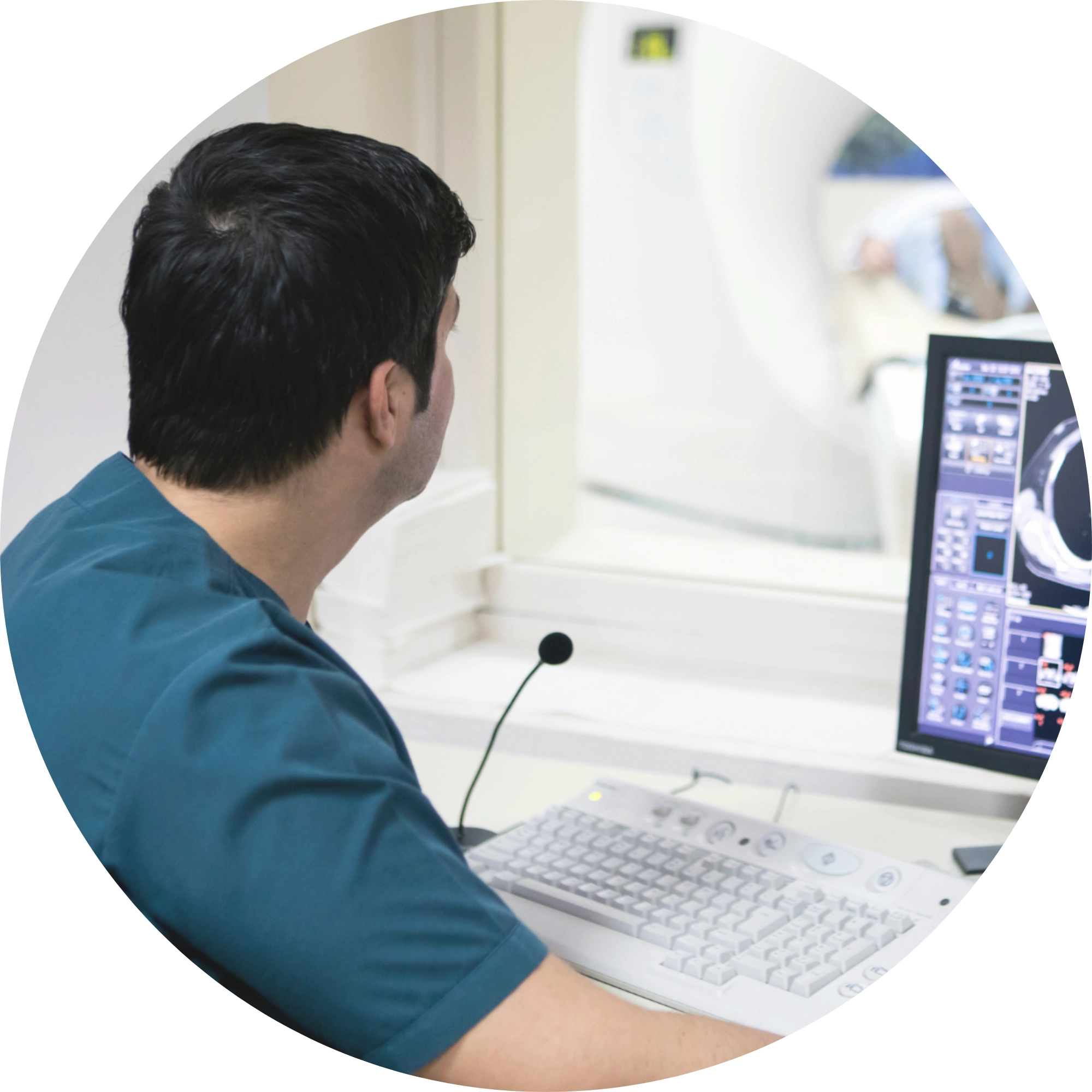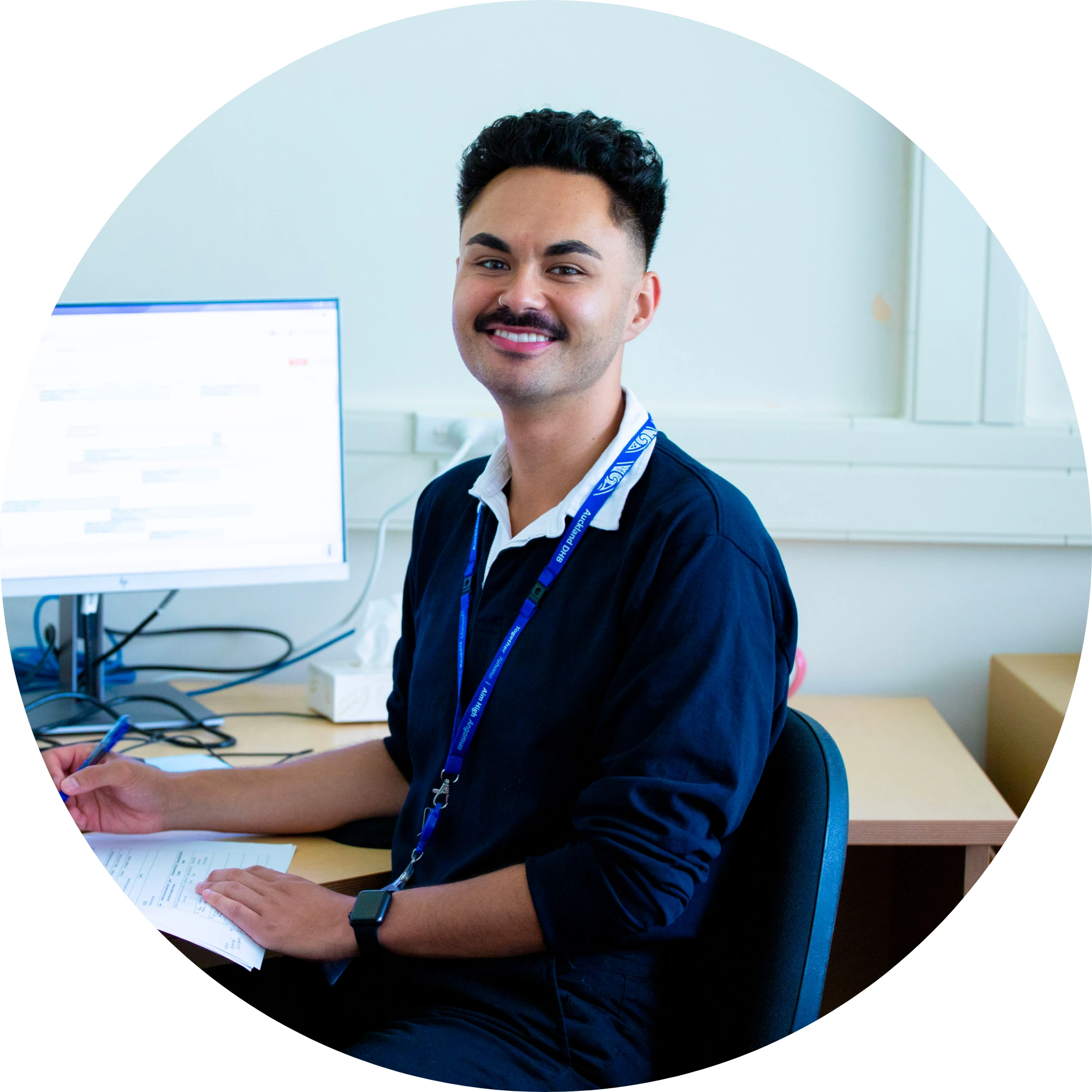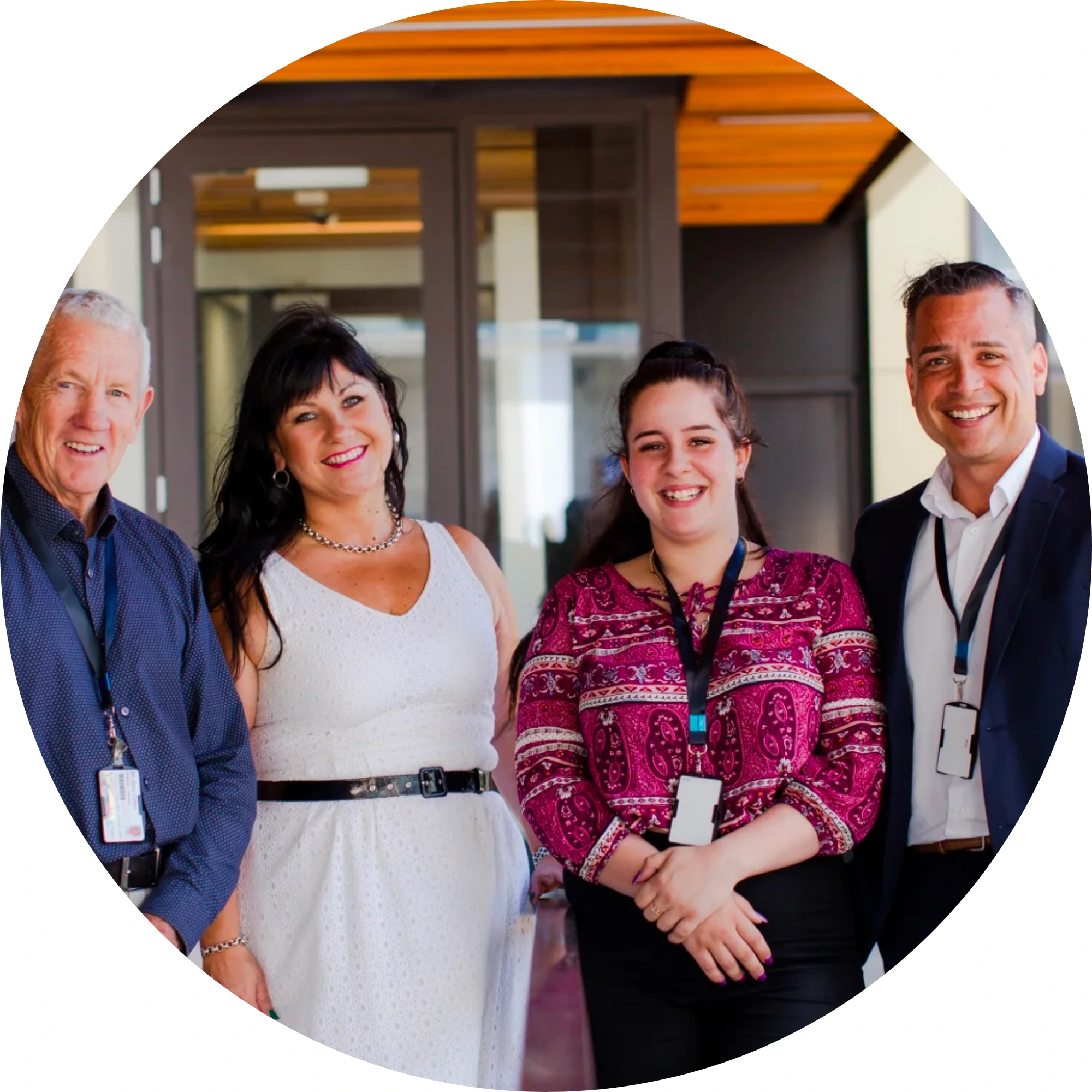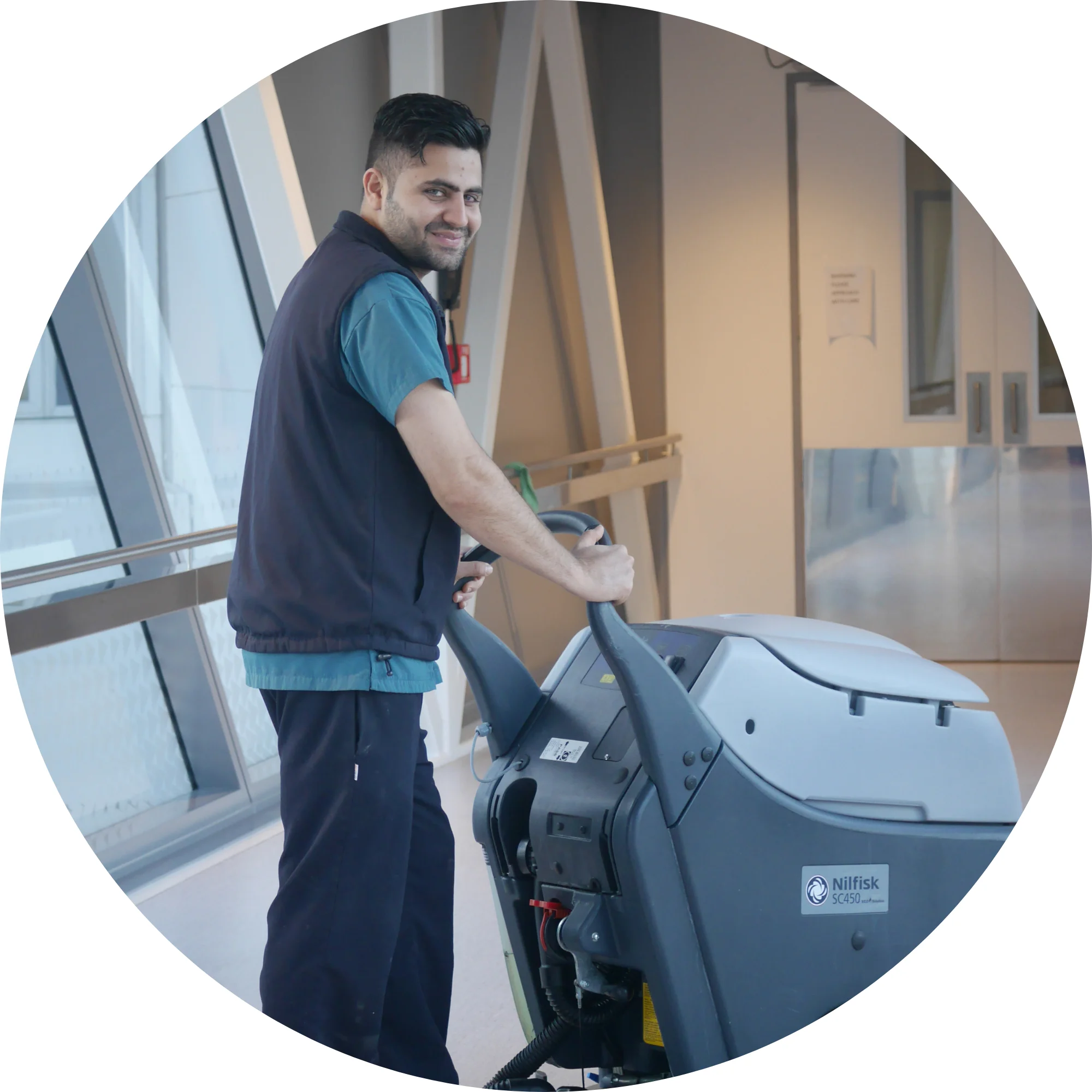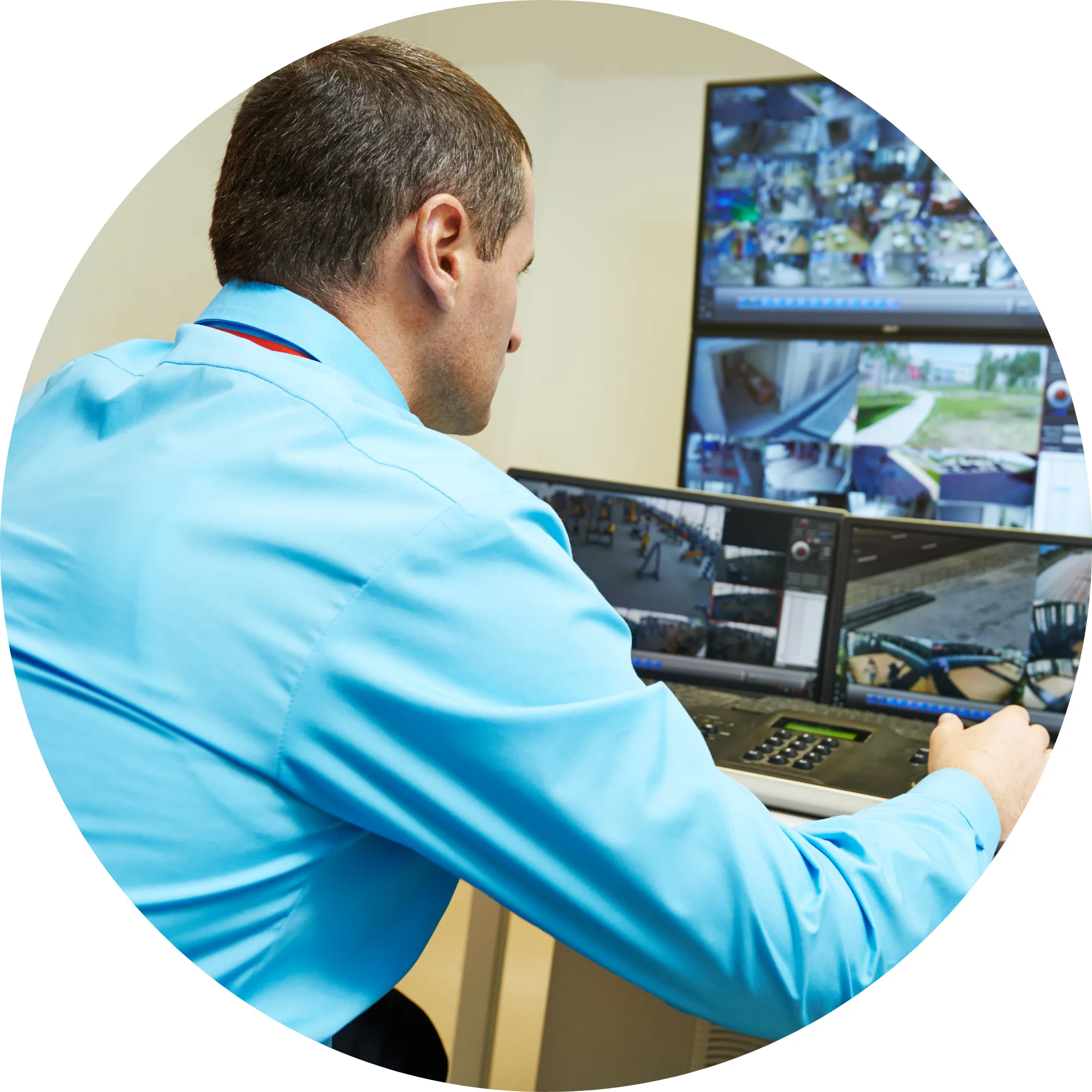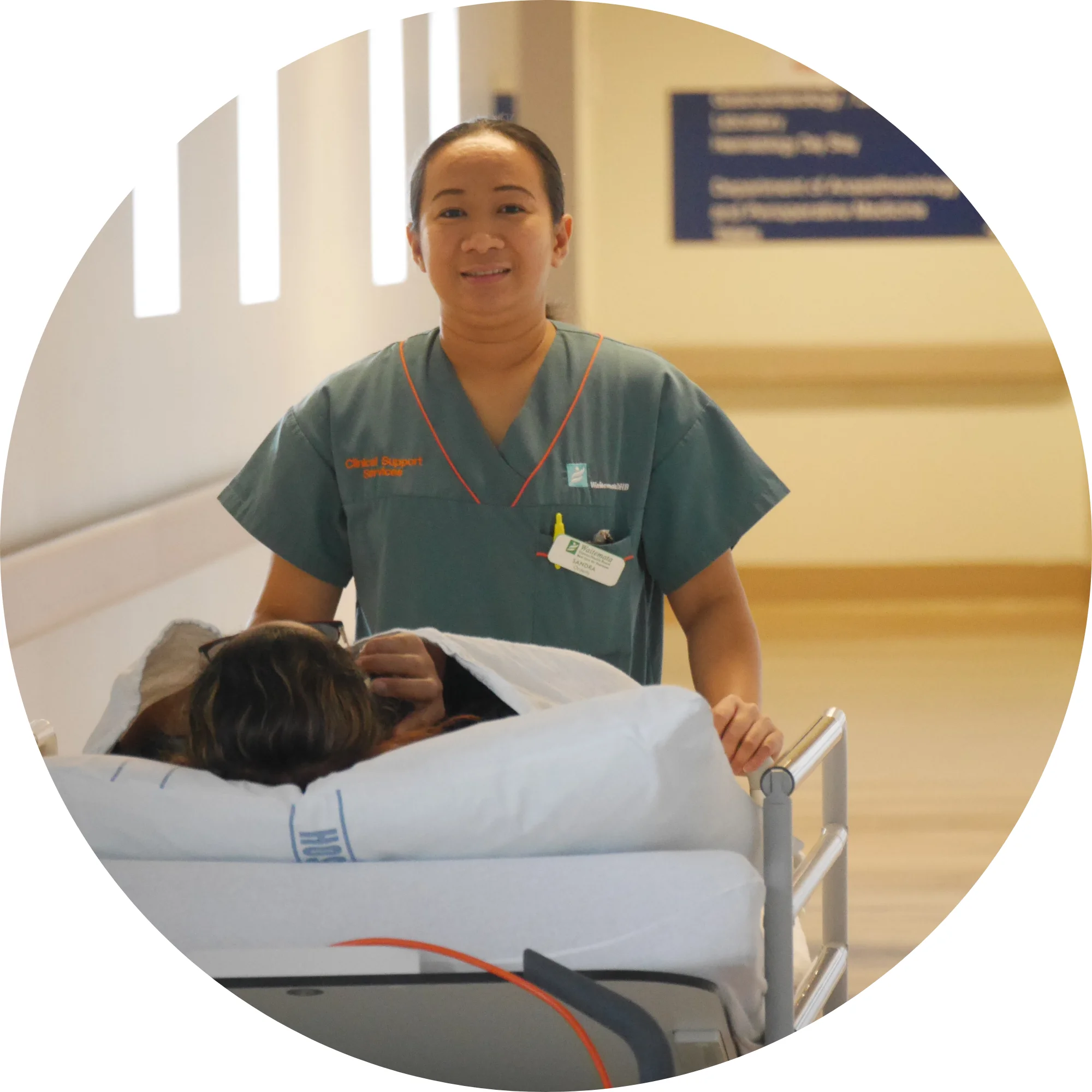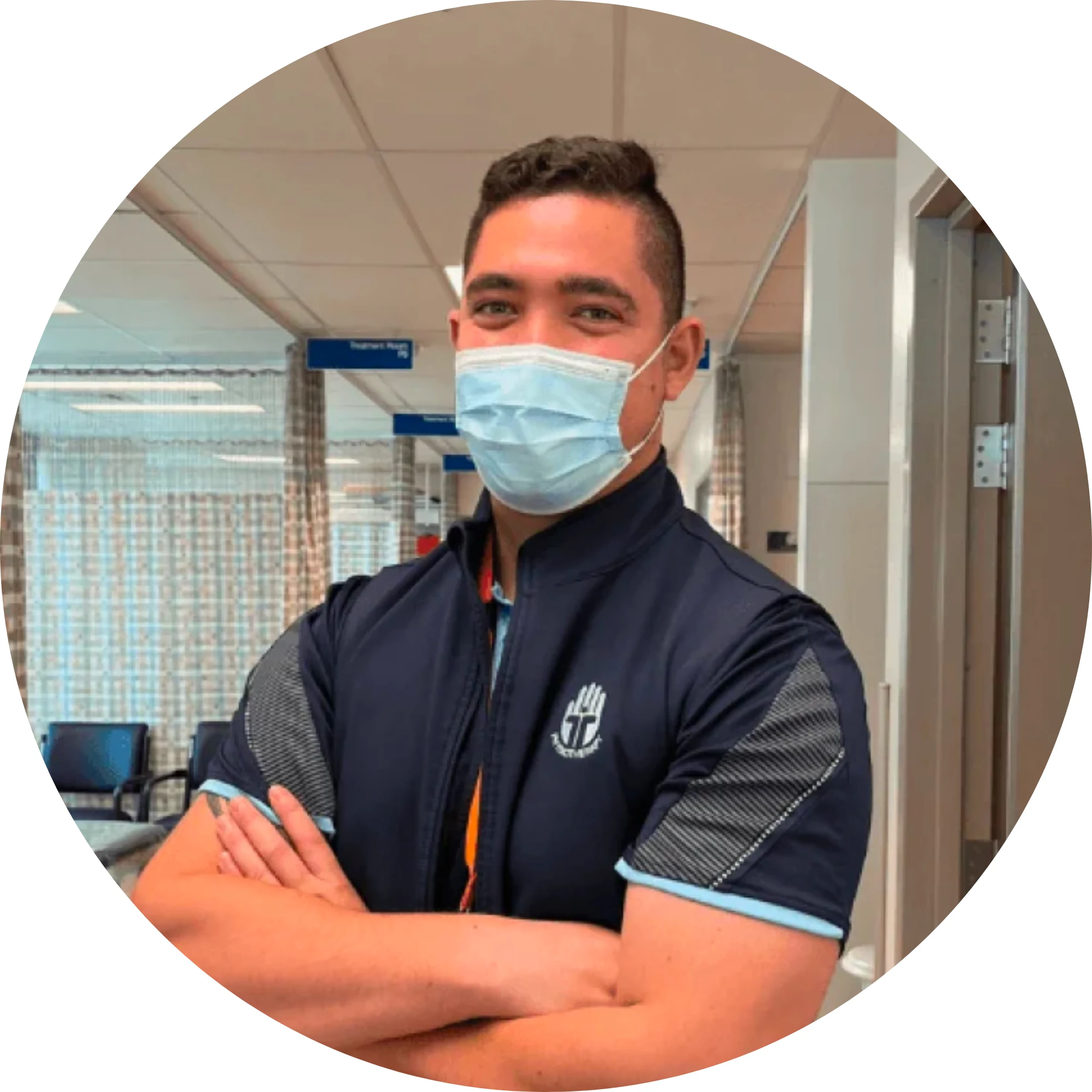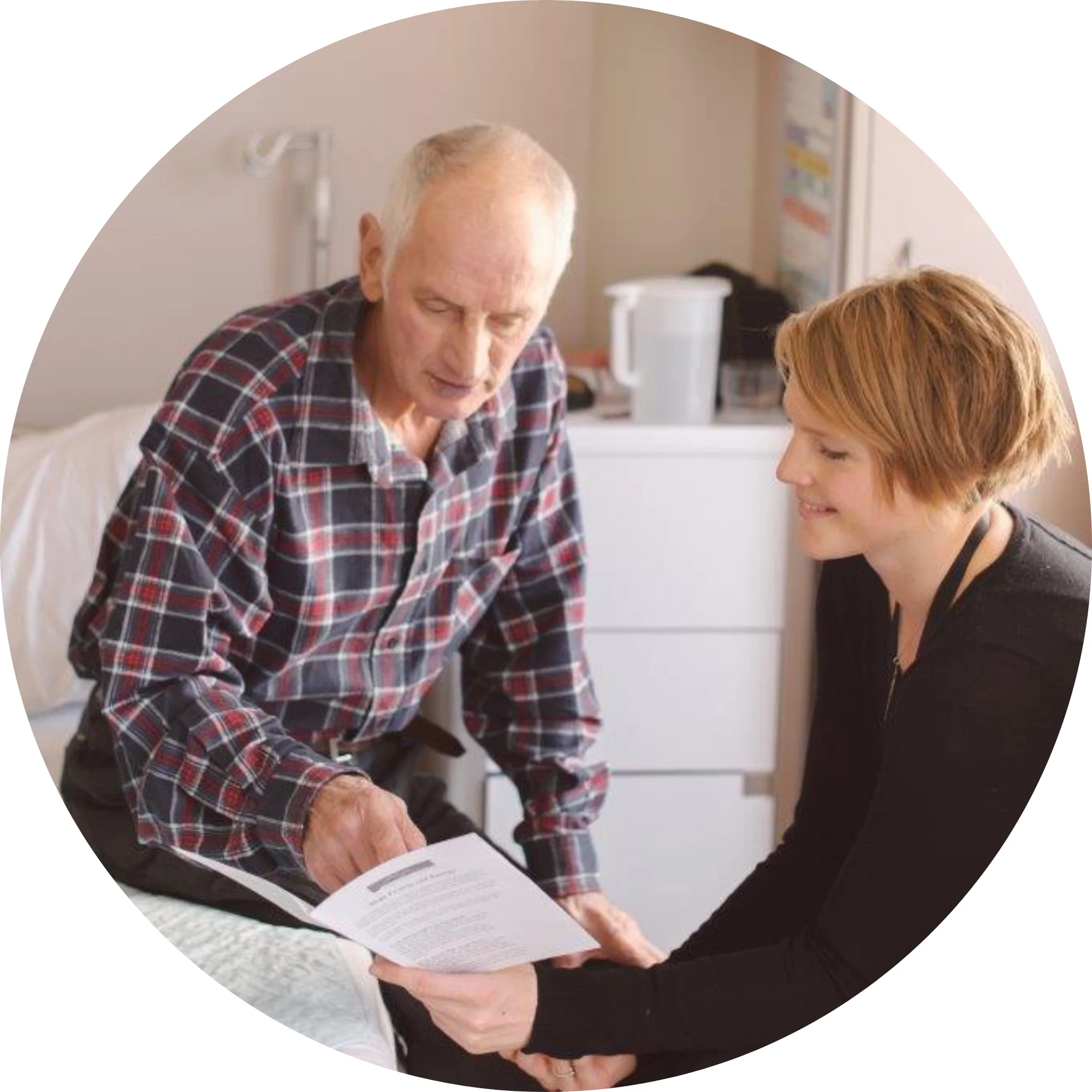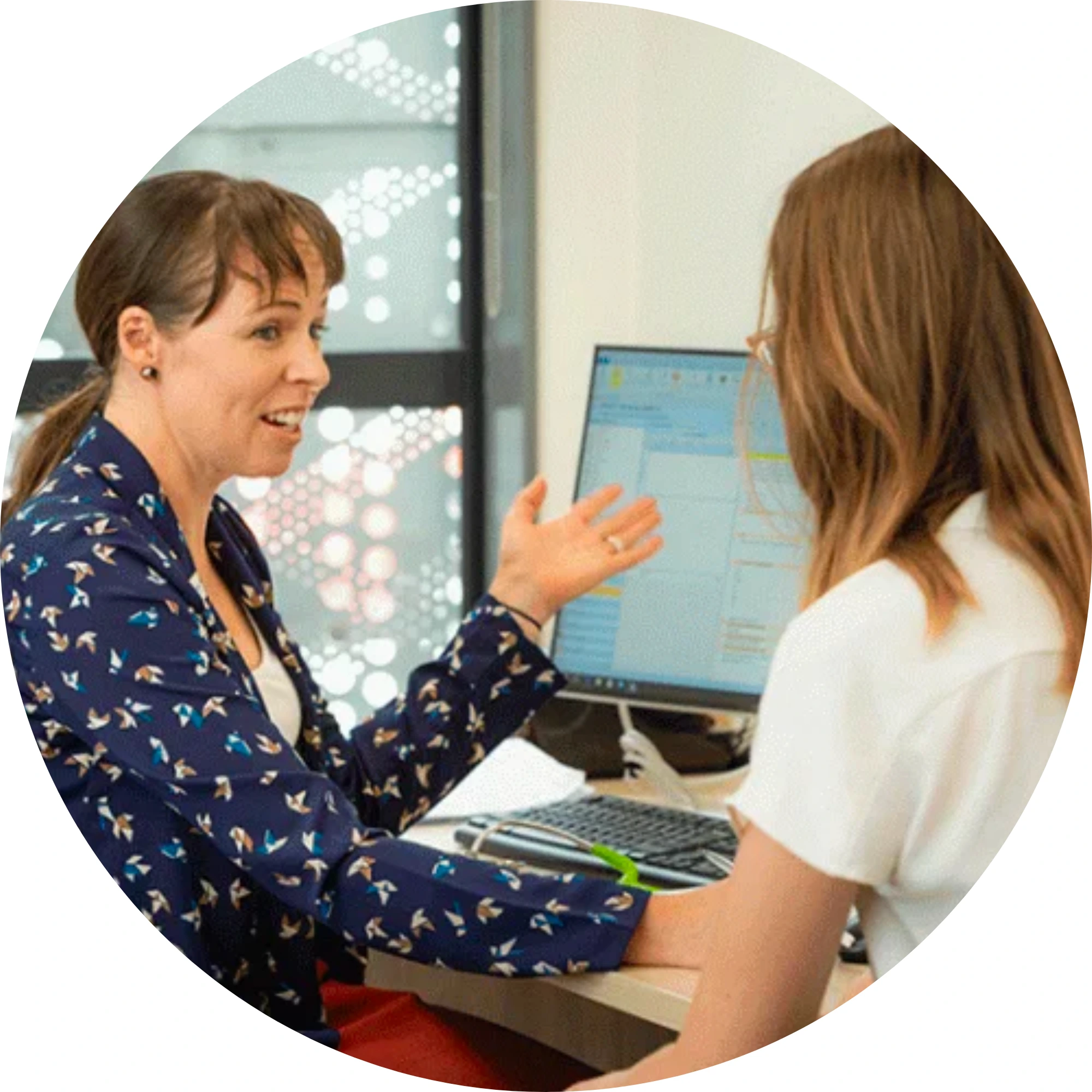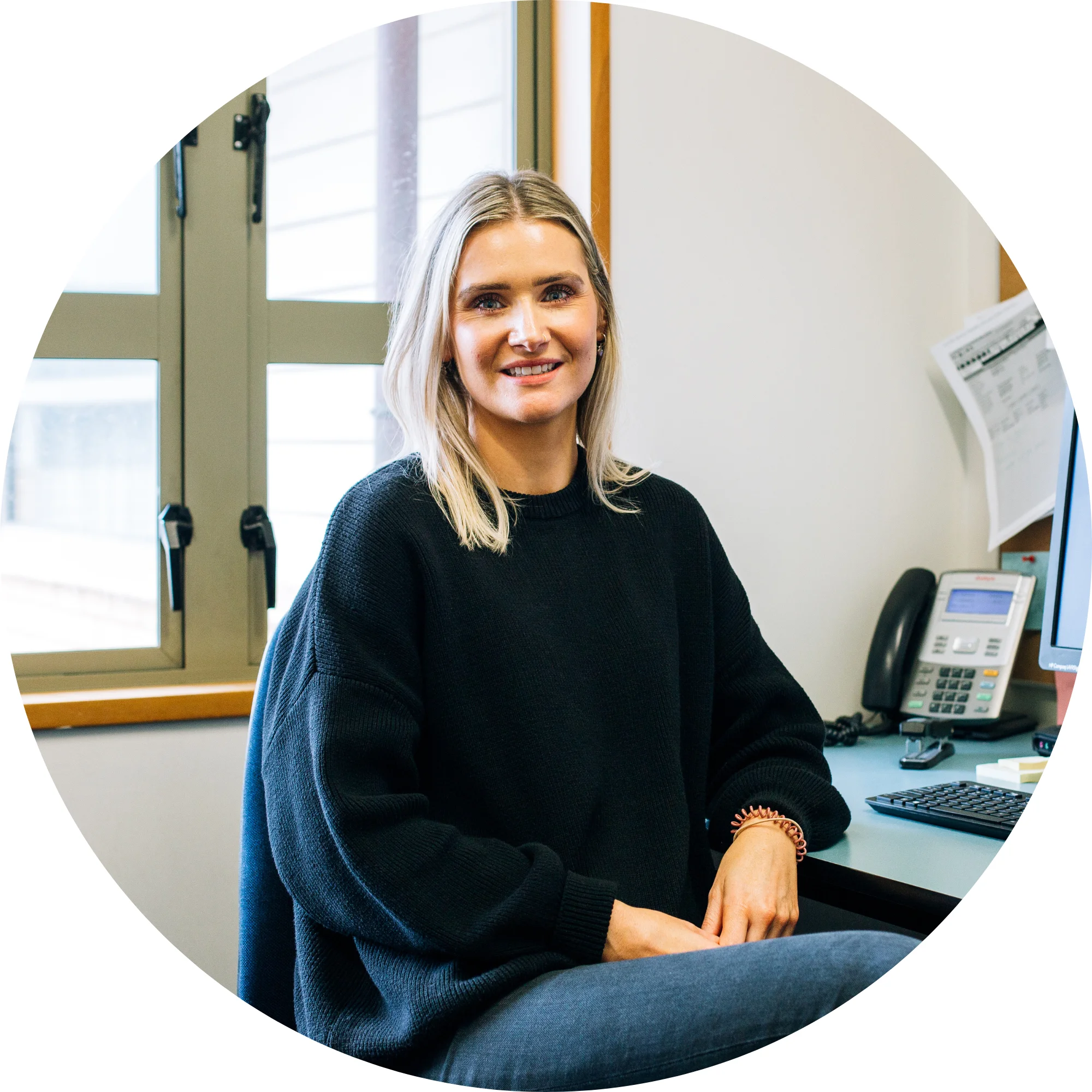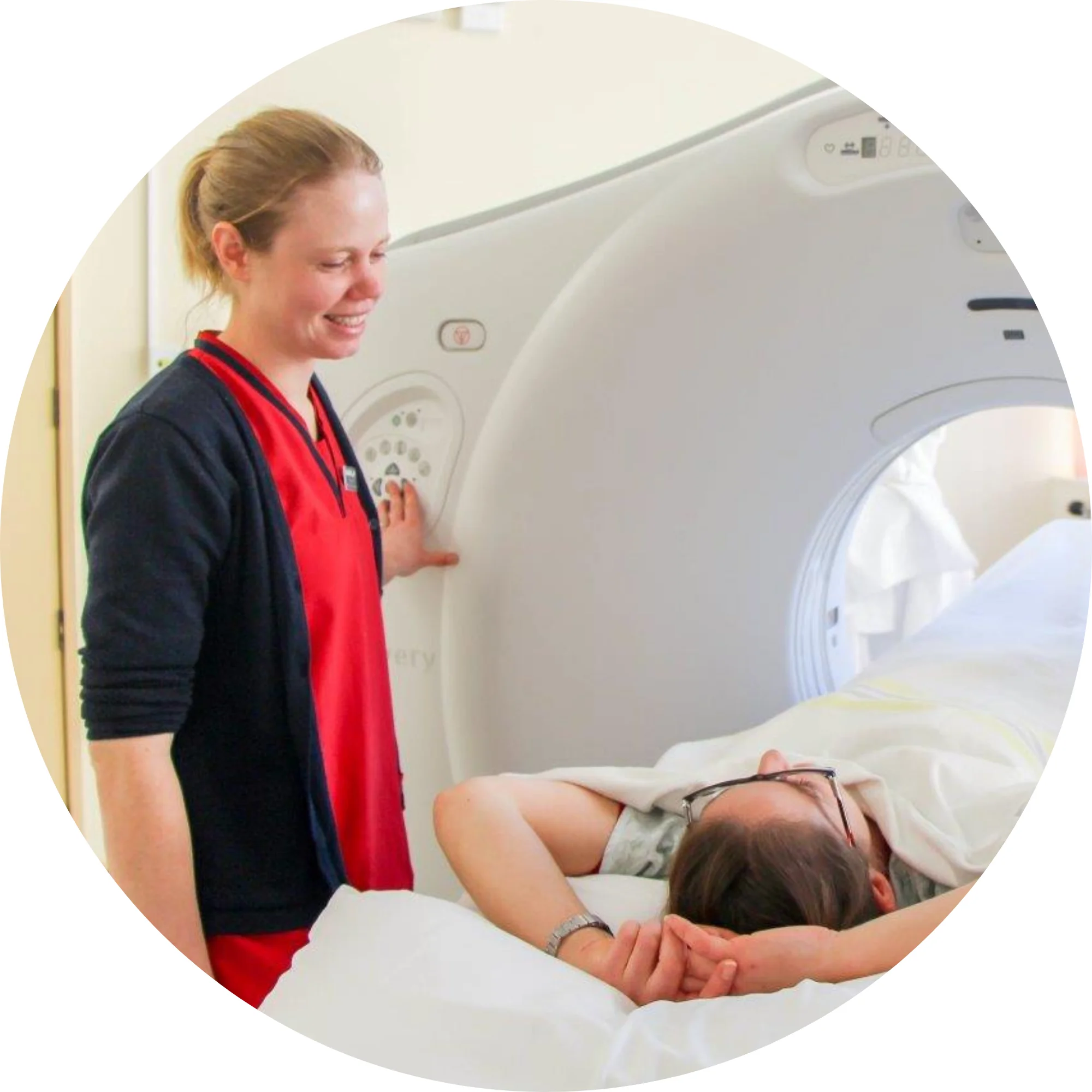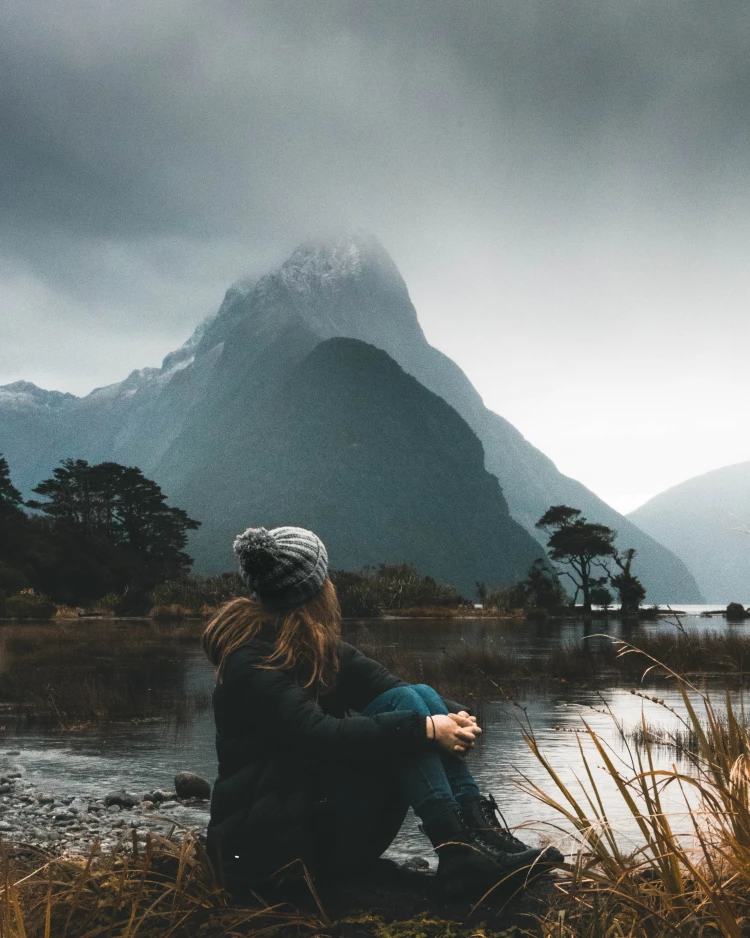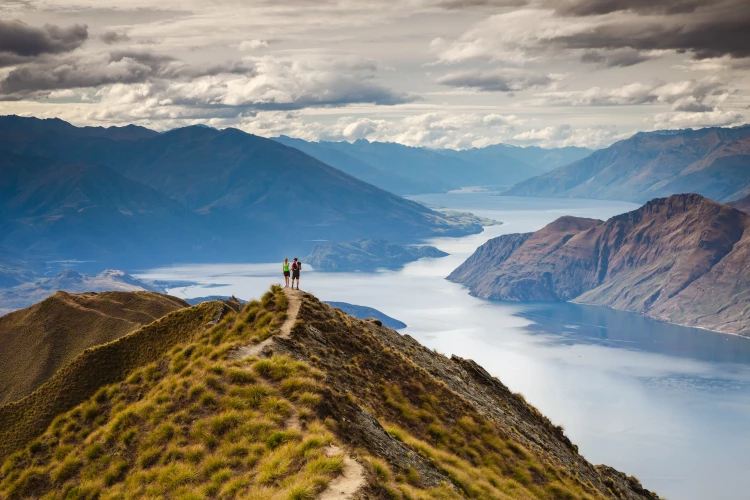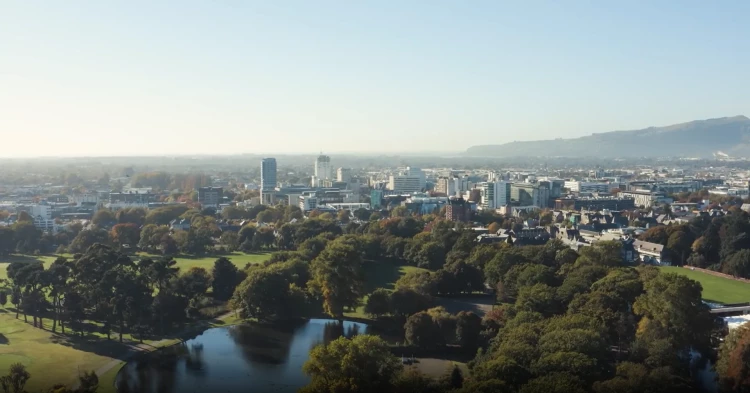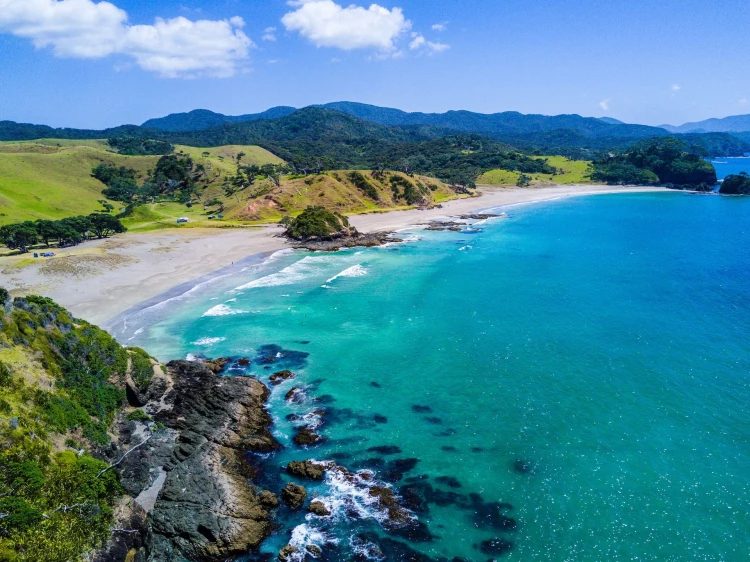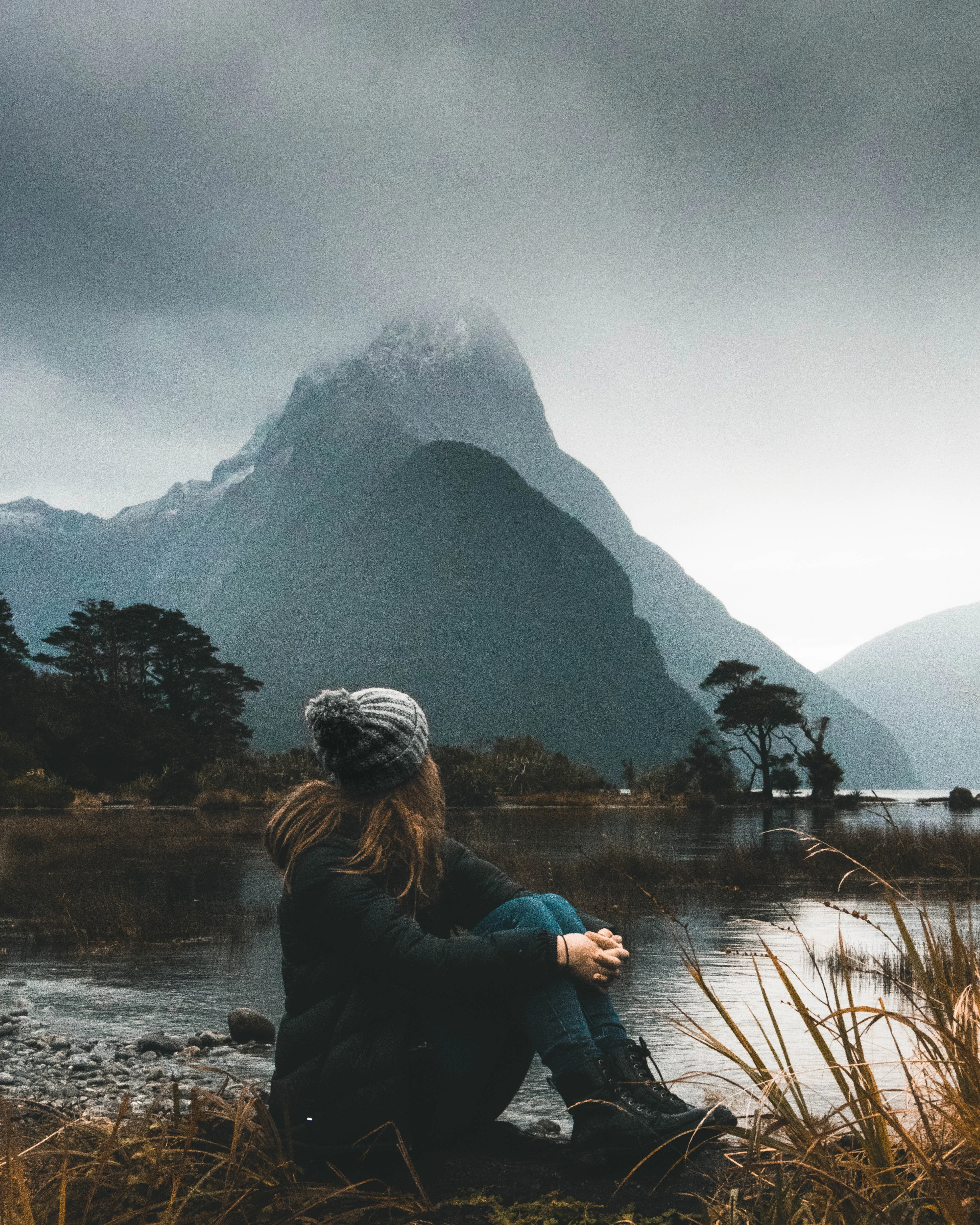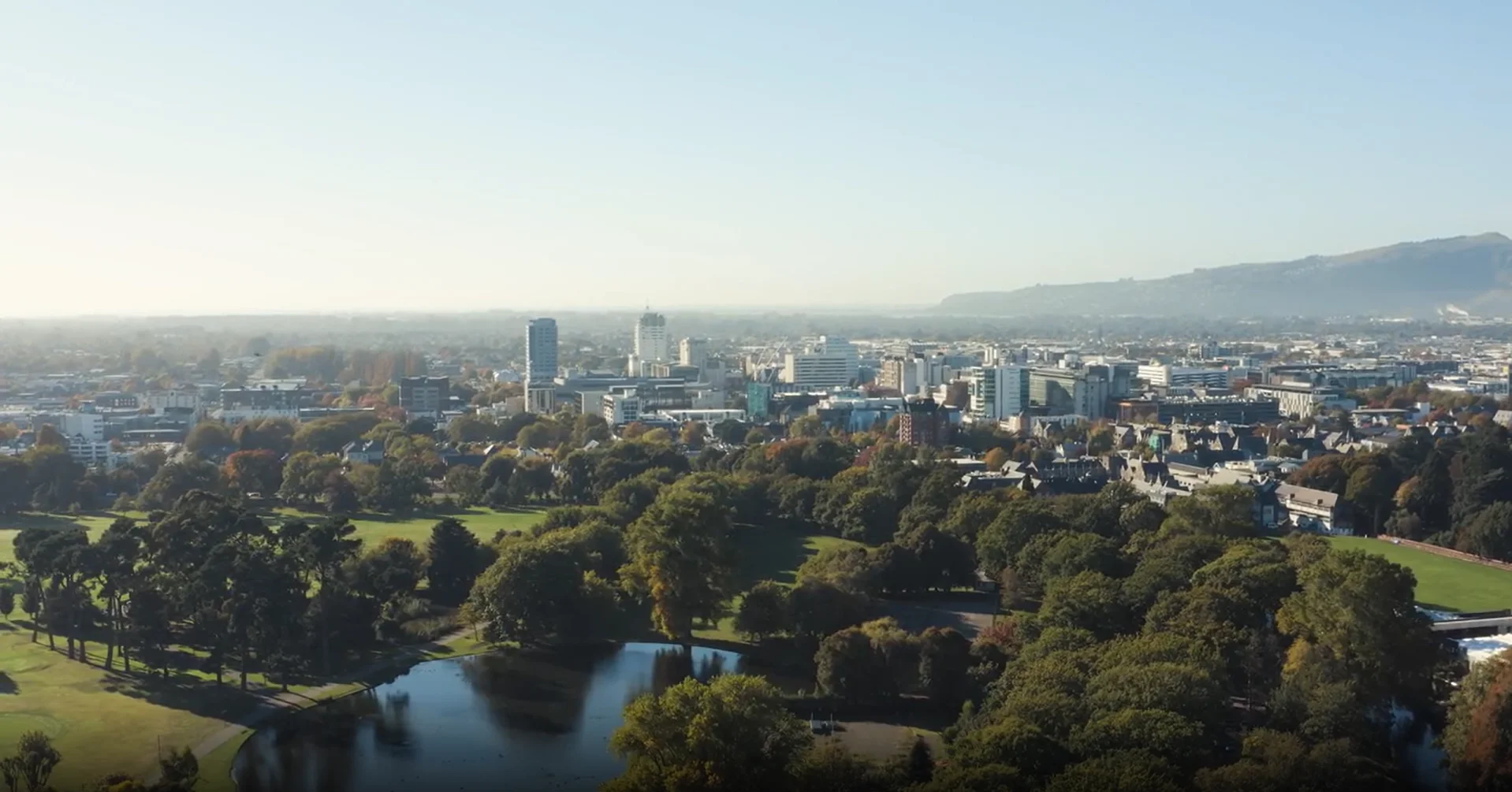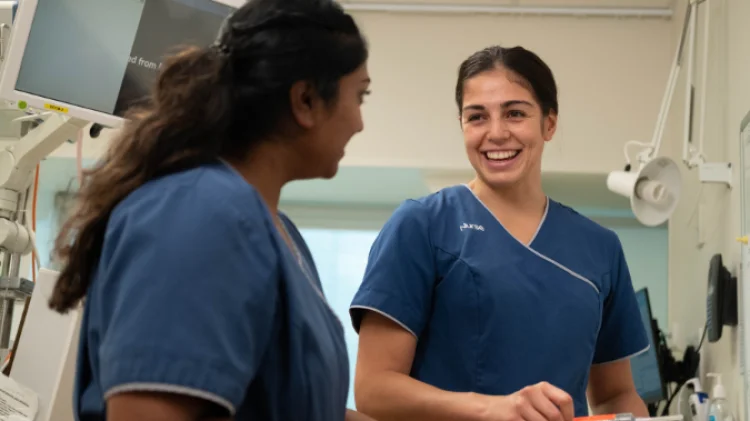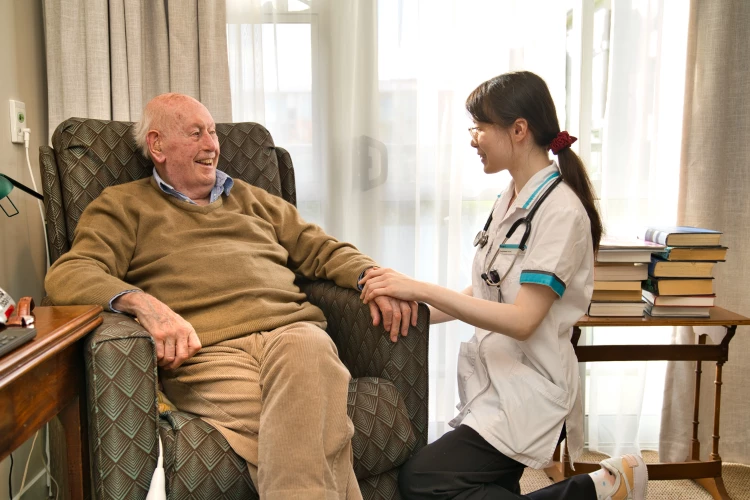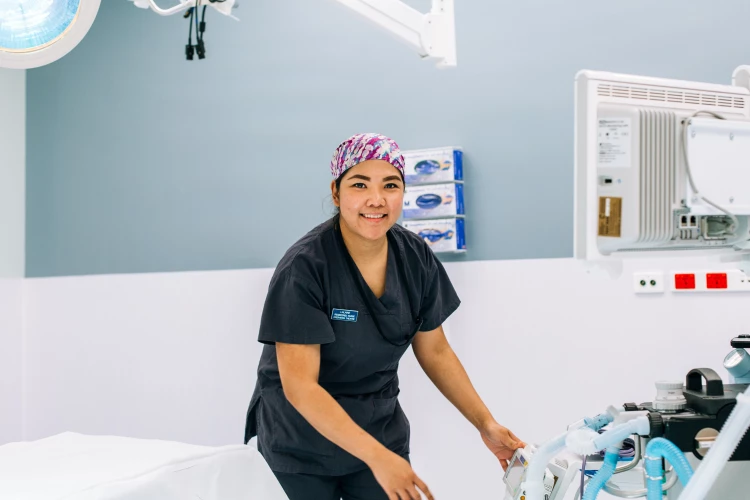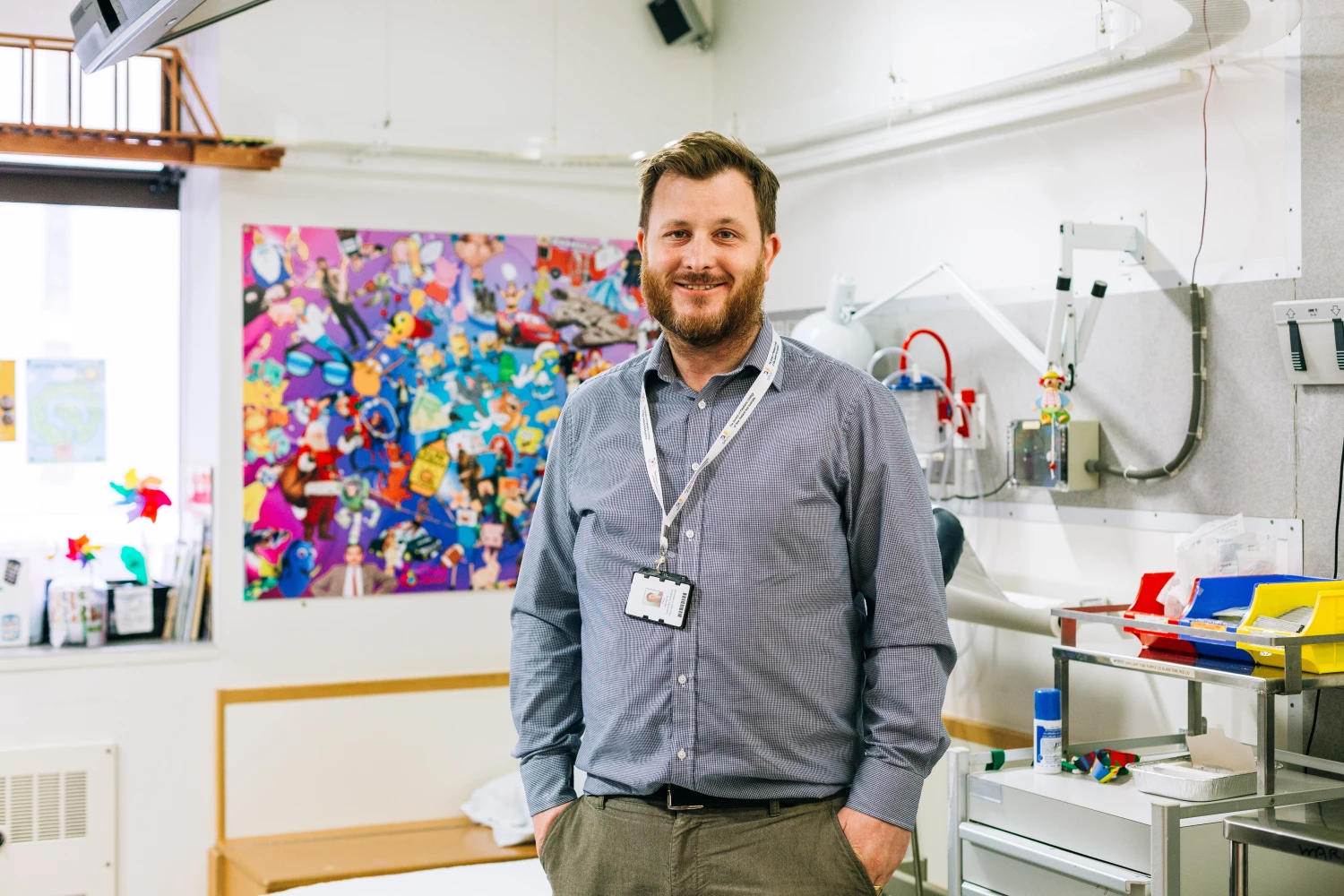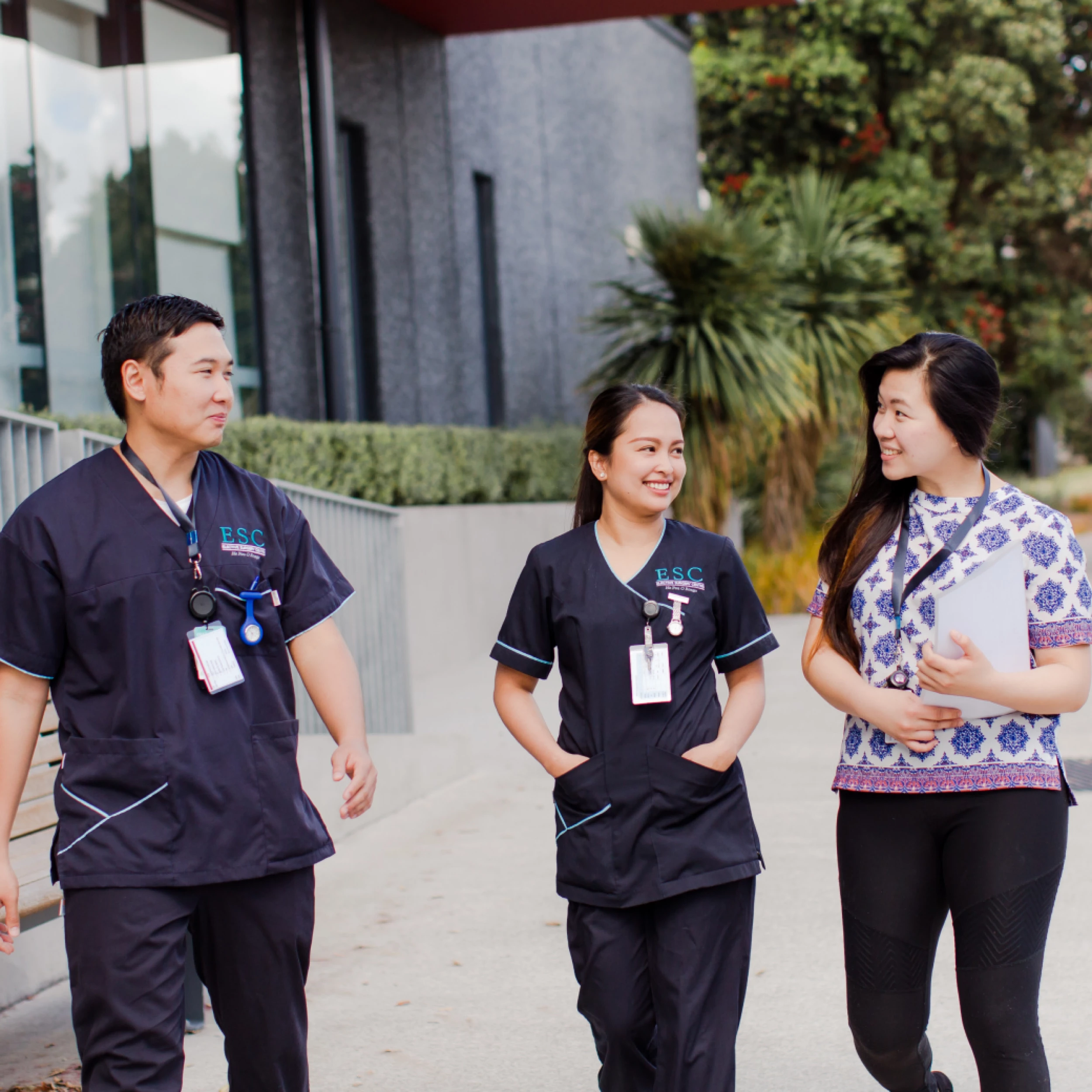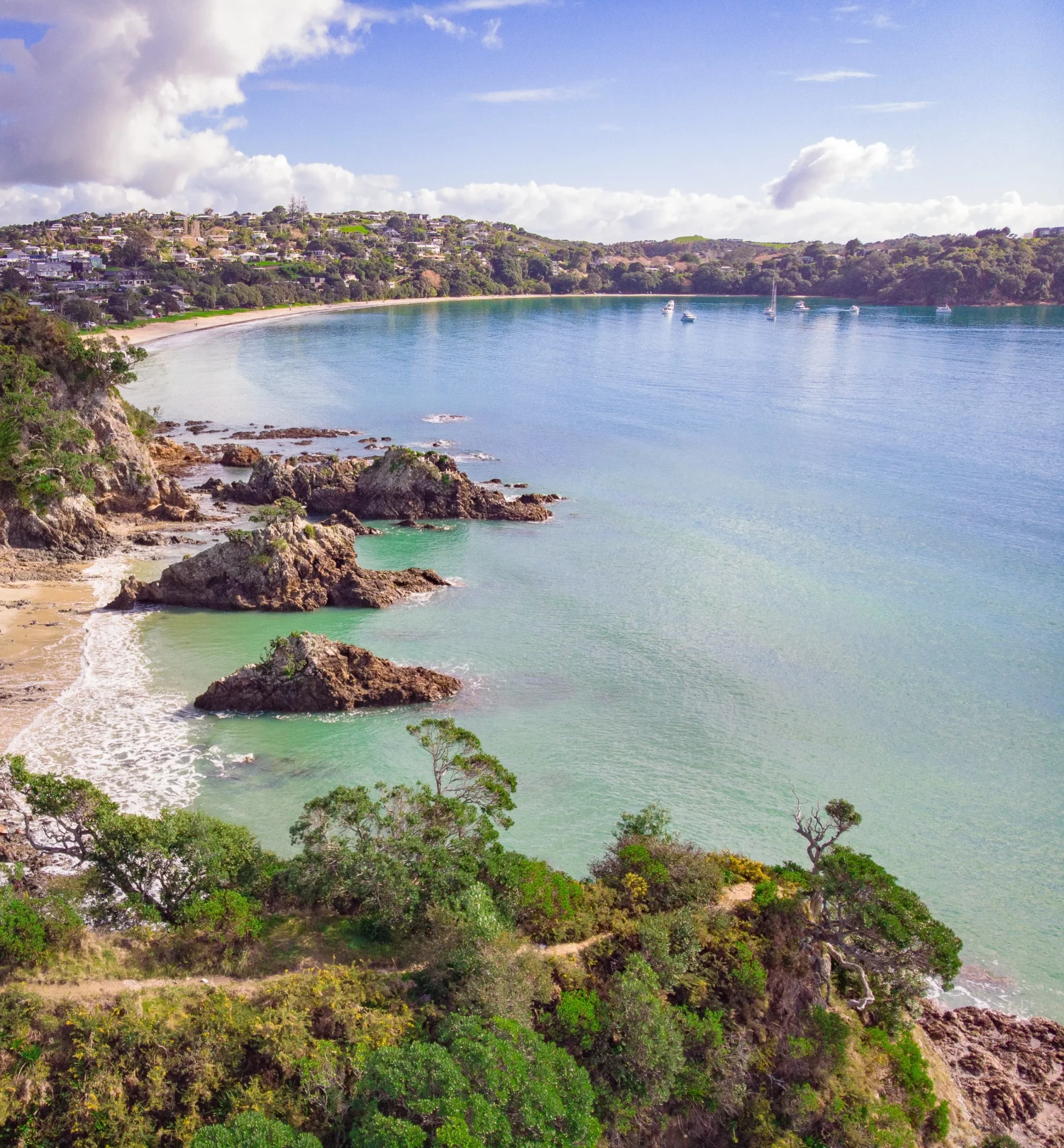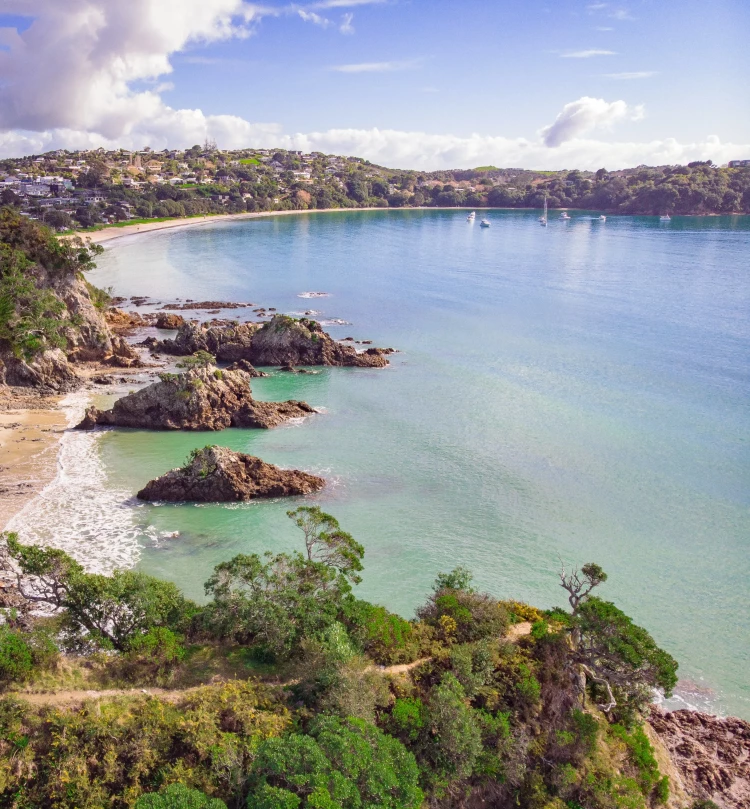IRD Numbers
You can apply for an IRD number as soon as you arrive – this is similar to a Social Security, SIN, or National Insurance number. You can easily apply online through the IRD numbers for individuals page on the Inland Revenue website.
Getting connected to phone and internet plans
A variety of companies provide internet and phone connections. Immigration NZ provides advice about how to get connected once you arrive.
Getting a driver’s licence
If you are planning to drive in New Zealand, it’s important to get to know the New Zealand road rules. Driving on your overseas driver’s licence is usually acceptable for the first 12 months, but following this you will need to convert it to a New Zealand driver’s licence. You can find out more information on Waka Kotahi’s Driving in New Zealand page.
Libraries
There is a network of public libraries across Aotearoa. You and your family are welcome to visit in person, or download e-books and audio books online with your membership.
Use of the English language
The English language lexicon has become highly advanced in Aotearoa New Zealand. We suggest becoming familiar with how certain words are used.
Public holidays
There are 12 public holidays each year.
Dental Care
General dental care for people over 18 years is not funded by the government in New Zealand. Basic dental care for eligible school children is free up to 18 years of age.
Dentists are distributed across Aotearoa.
Accident Compensation Corporation
Here in Aotearoa New Zealand we fund healthcare differently. The Accident Compensation Corporation provides comprehensive, no-fault personal injury cover for New Zealanders and visitors. ACC is funded by the government and the NZ public.
As a clinician, you can lodge claims on behalf of your patients. You must check with your manager about how to lodge a claim in Health New Zealand.
ACC provides general information about the scheme for clinicians. ACC provides a series of options for clinicians to learn more about the scheme, and claims. Online learning. Foundational webinars.
Cole’s Medical Practice in NZ gives practical advice to doctors in New Zealand (whether international or NZ medical graduates). The Goodfellow unit has resources about certifying work capacity after injury.
Emergencies
Ambulance and Fire: For emergencies, dial 111
Police: Dial 111 - For emergencies (if something is happening now or has just happened, or if you or someone’s safety is at risk). For non-urgent things that you think the NZ Police should know, dial 105.
Accident and Emergency services: All public hospitals have an emergency department. Accident and emergency centres (urgent care centres) are available for out of hours emergencies in most locations.
Coastguard: For emergencies, dial 111
National Crisis and National Emergency Management: The NZ government has established agencies to lead local teams to deal with disasters and other emergencies.
Support Services
Family support services: The Strengthening Families process connects a family who require assistance with more than one agency or community service when a family needs help. All families need help from time to time. Find support wherever you are living in Aotearoa. The health pages provide links to health services.
Domestic Violence Support: Domestic violence help can be accessed in Aotearoa New Zealand.
Counselling services: The NZ Association of Counsellors provides a list of qualified counsellors. Note that payment may be required. Child Abuse and Youth Services: You can report suspected abuse to Oranga Tamariki. Oranga Tamariki (Ministry for Children) is a government department. If you need help phone 0508 326 459 or email contact@ot.govt.nz. If you or someone else is in immediate danger call POLICE on 111. Kidshealth provides a list of various helplines for individuals and families.
Services for people with disabilities: An acceptable standard of health is required whether moving to Aotearoa temporarily or as a resident. There are a variety of providers of services for people with disabilities. Te Whaikaha - Ministry of Disabled People’s website contains useful links for people with disabilities.
Enrolling children at school
You can enrol your child in school before they’re 5, though they won’t start until they turn 5 and must have started by the time they are 6. Children must stay at school until they turn 16 years of age. Parents may apply to educate children at home.
If you have children, and have a school in mind, you may need to live within the school zone for them to be able to successfully enroll.
Childcare
Early childhood education (ECE) provides education and care for children before they are old enough to go to primary school. It is not compulsory. For three- to four-year-olds, the first 20 hours per week are fully funded by the government. Most children in Aotearoa (95%) get some form of early childhood education, usually for 20-22 hours a week. The Ministry of Education provides practical information about education for parents and carers.
